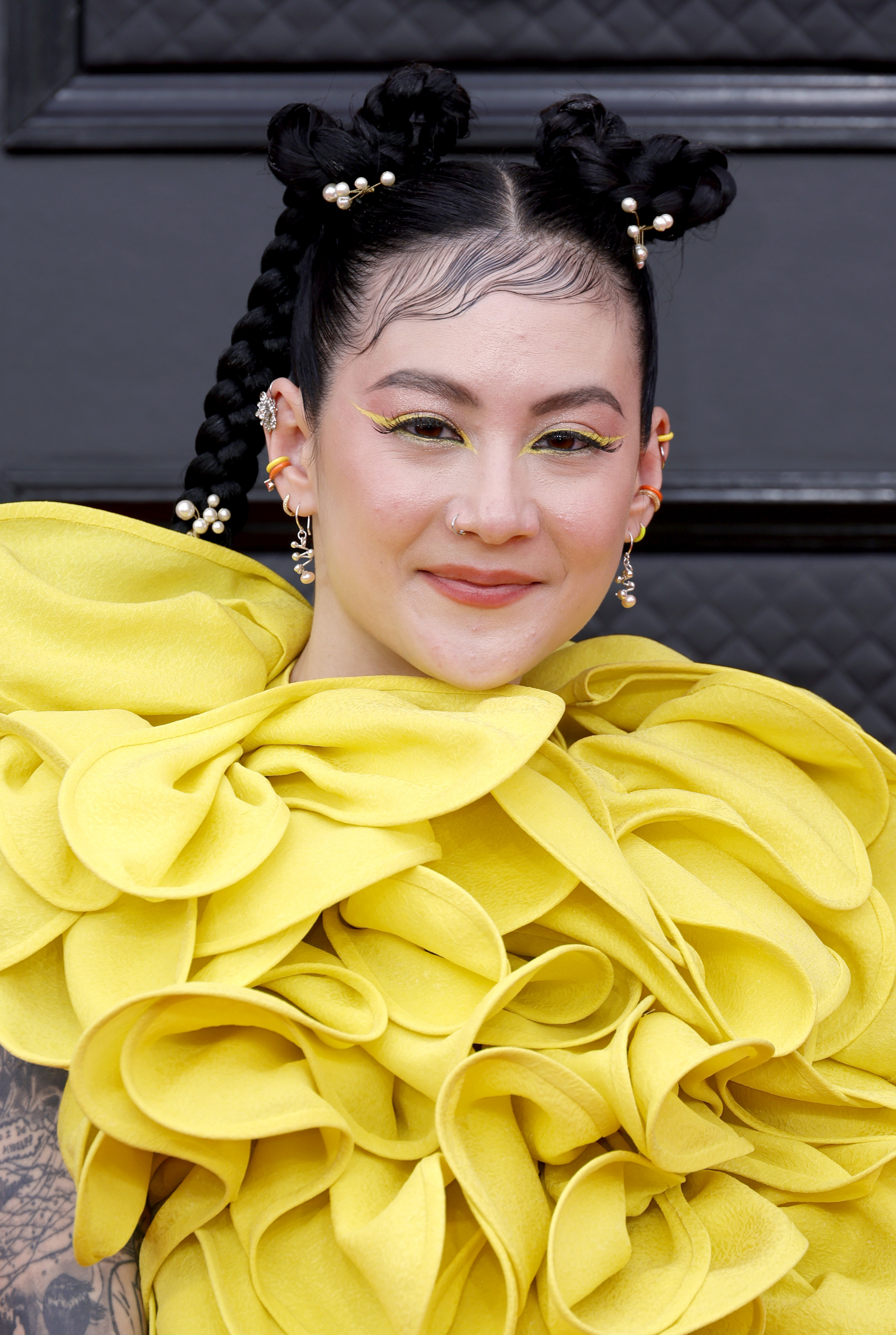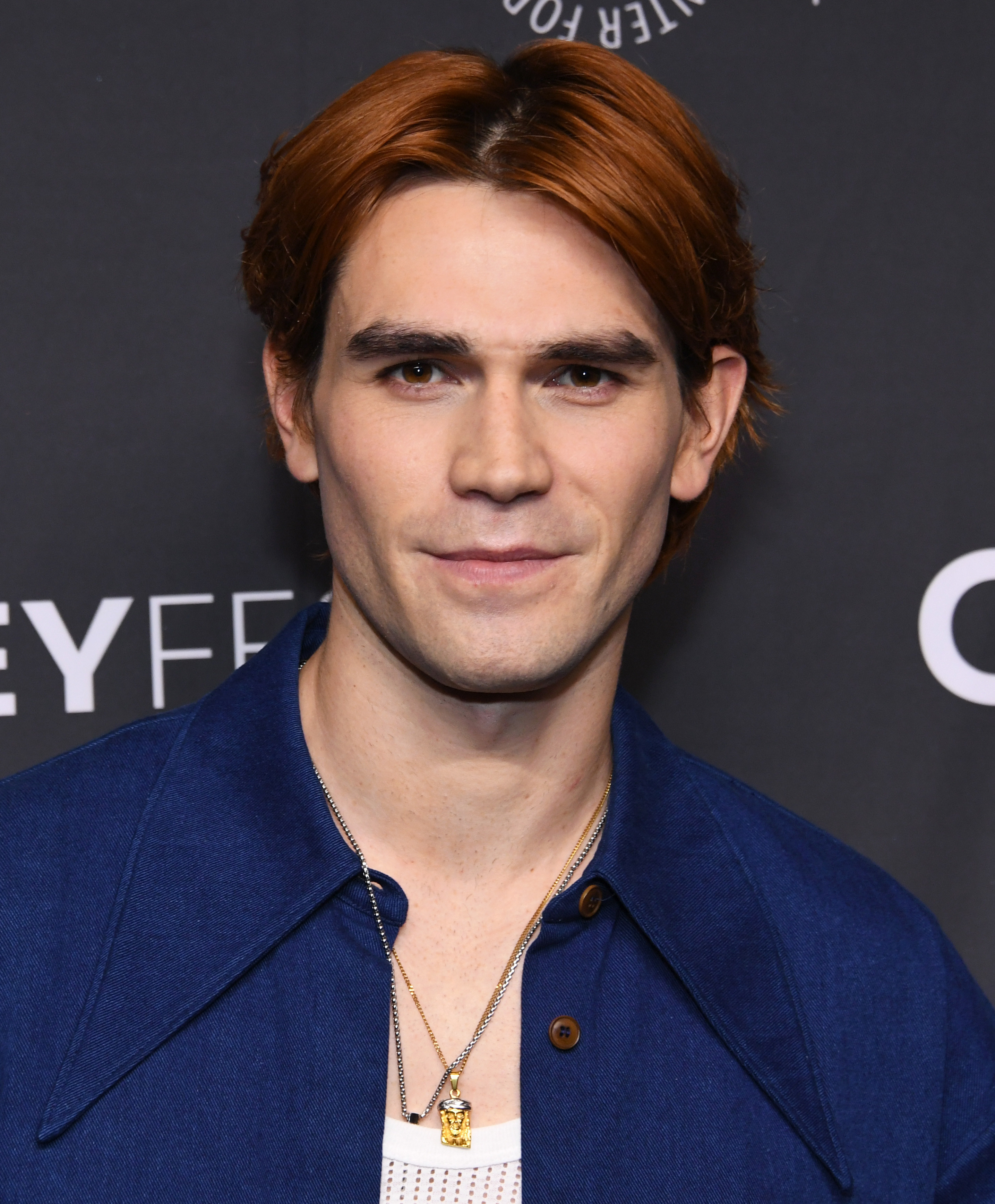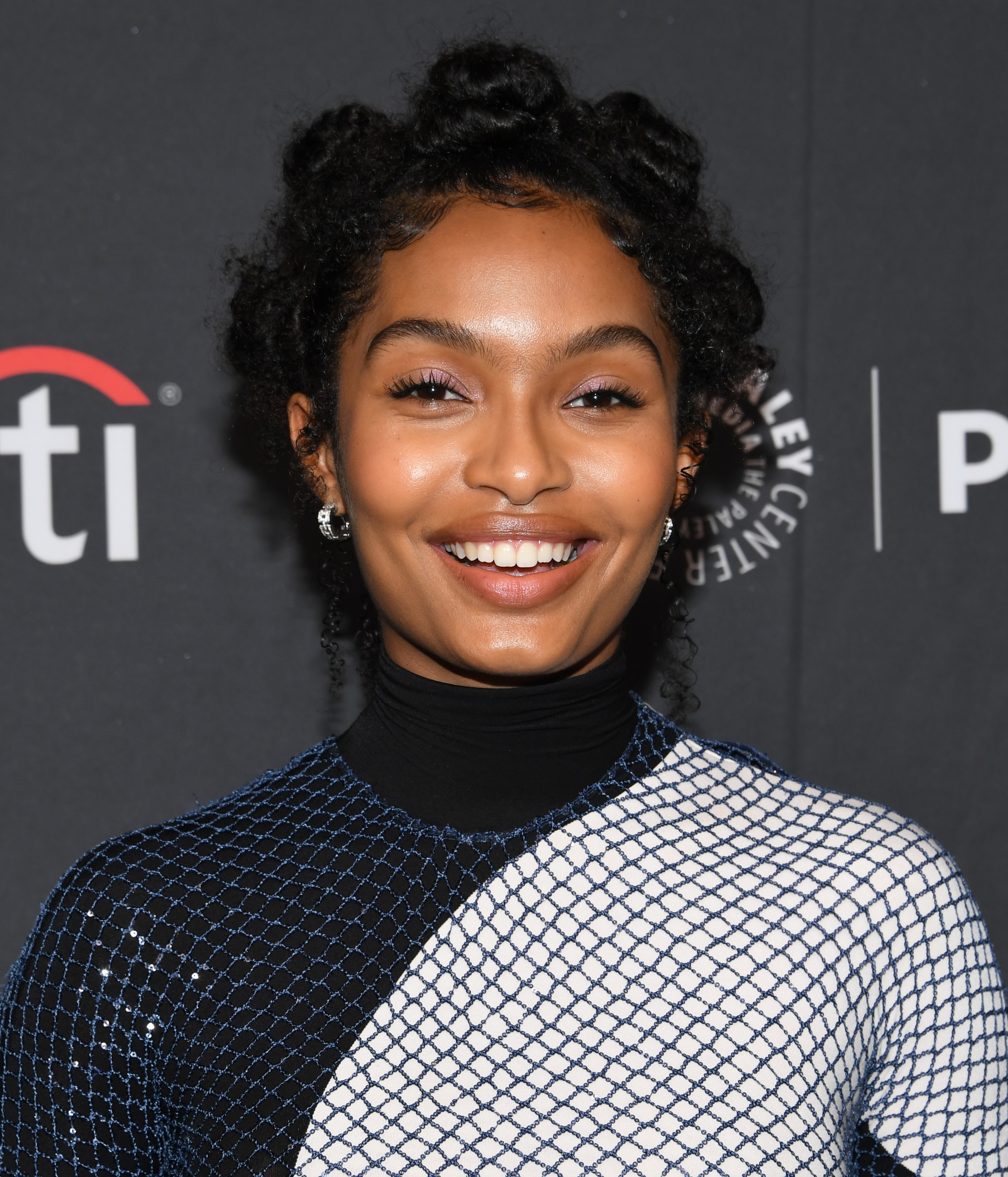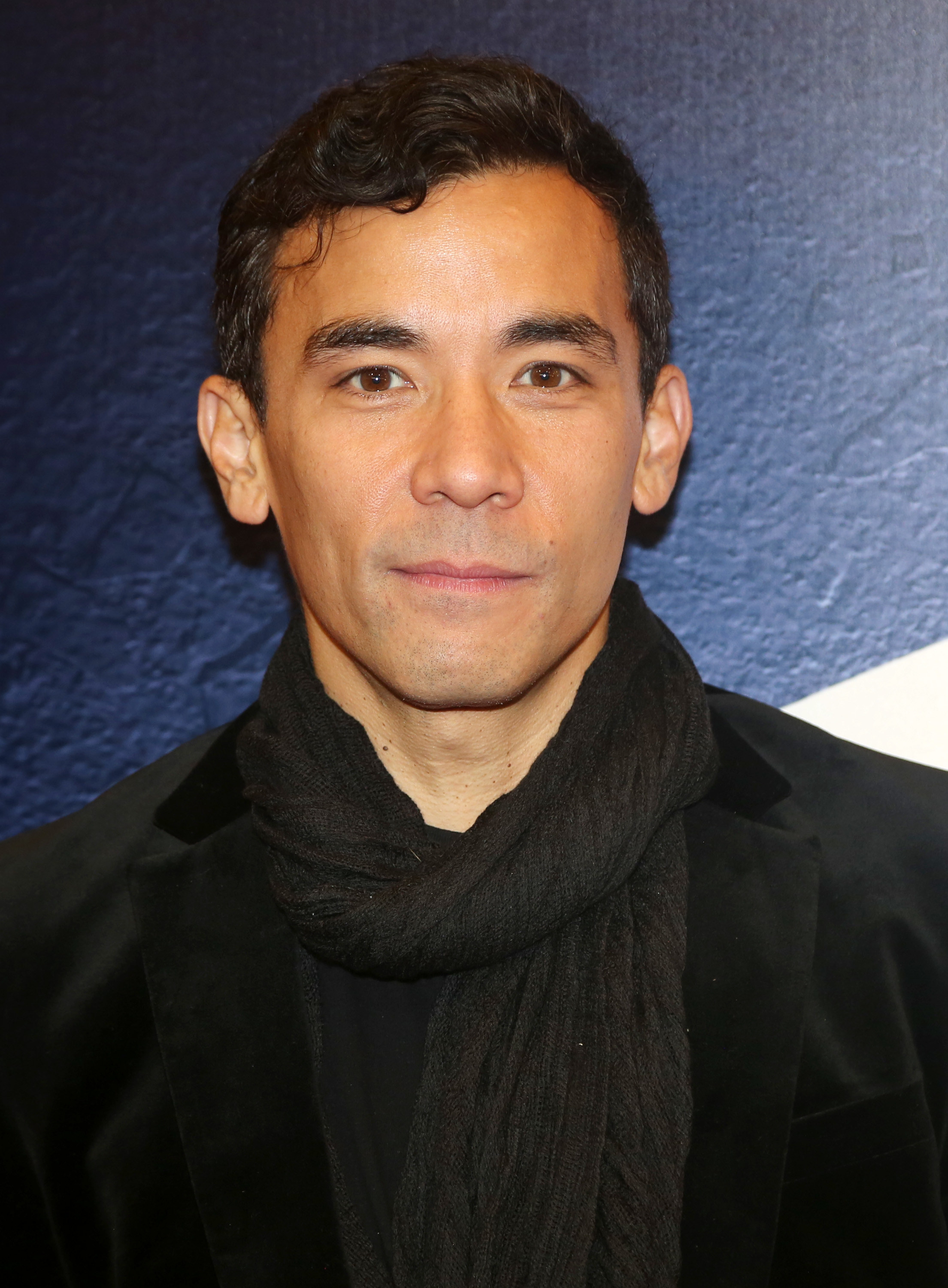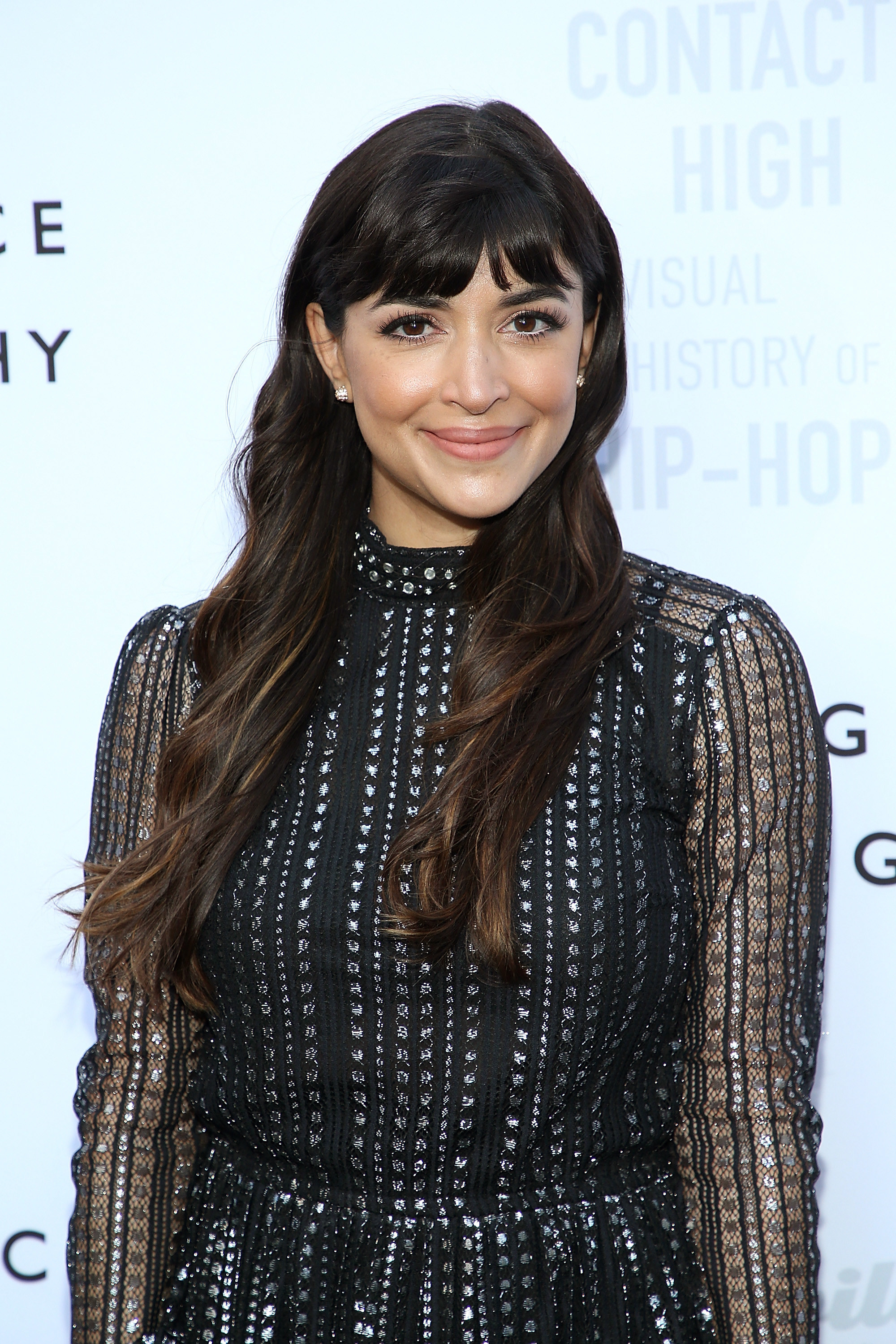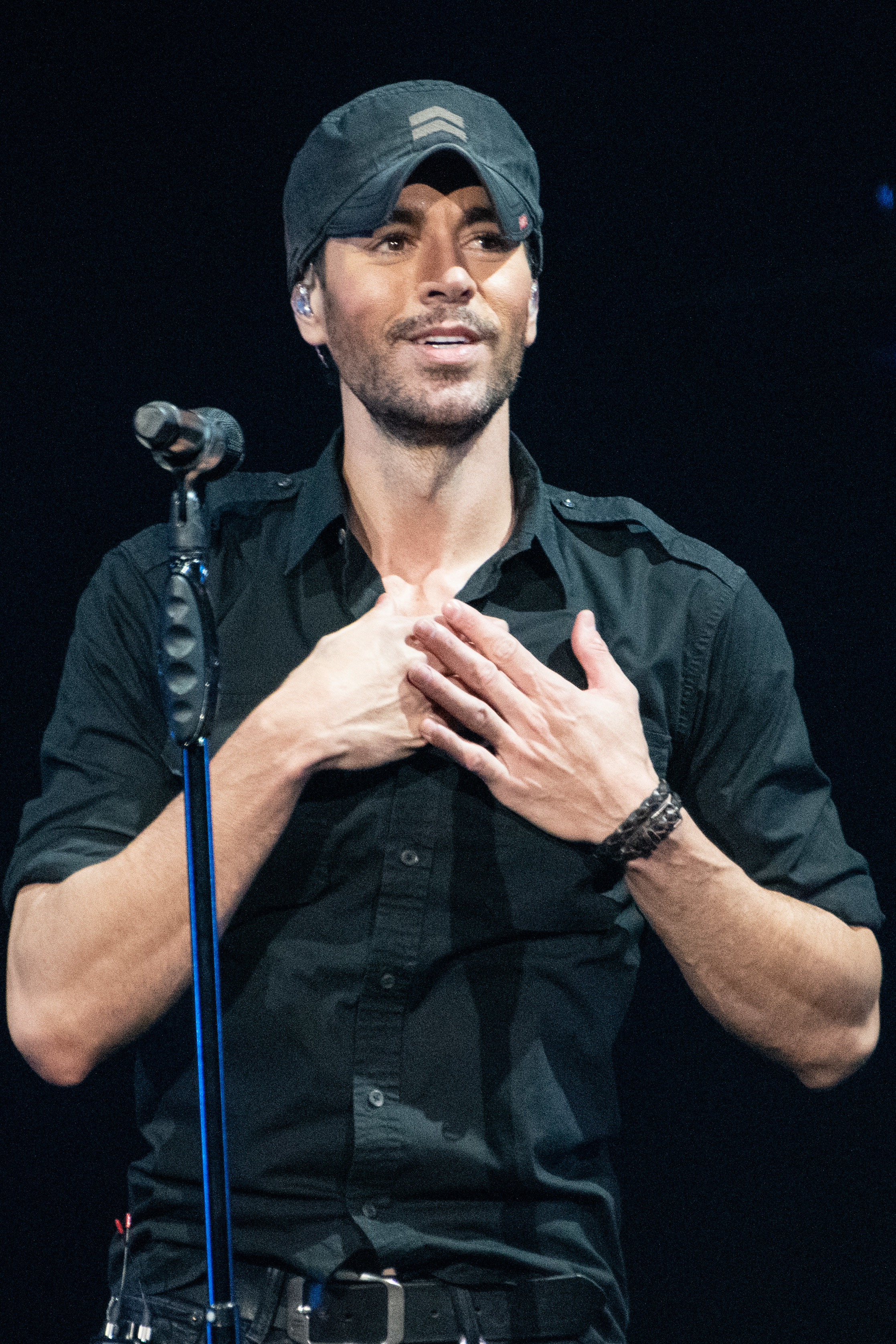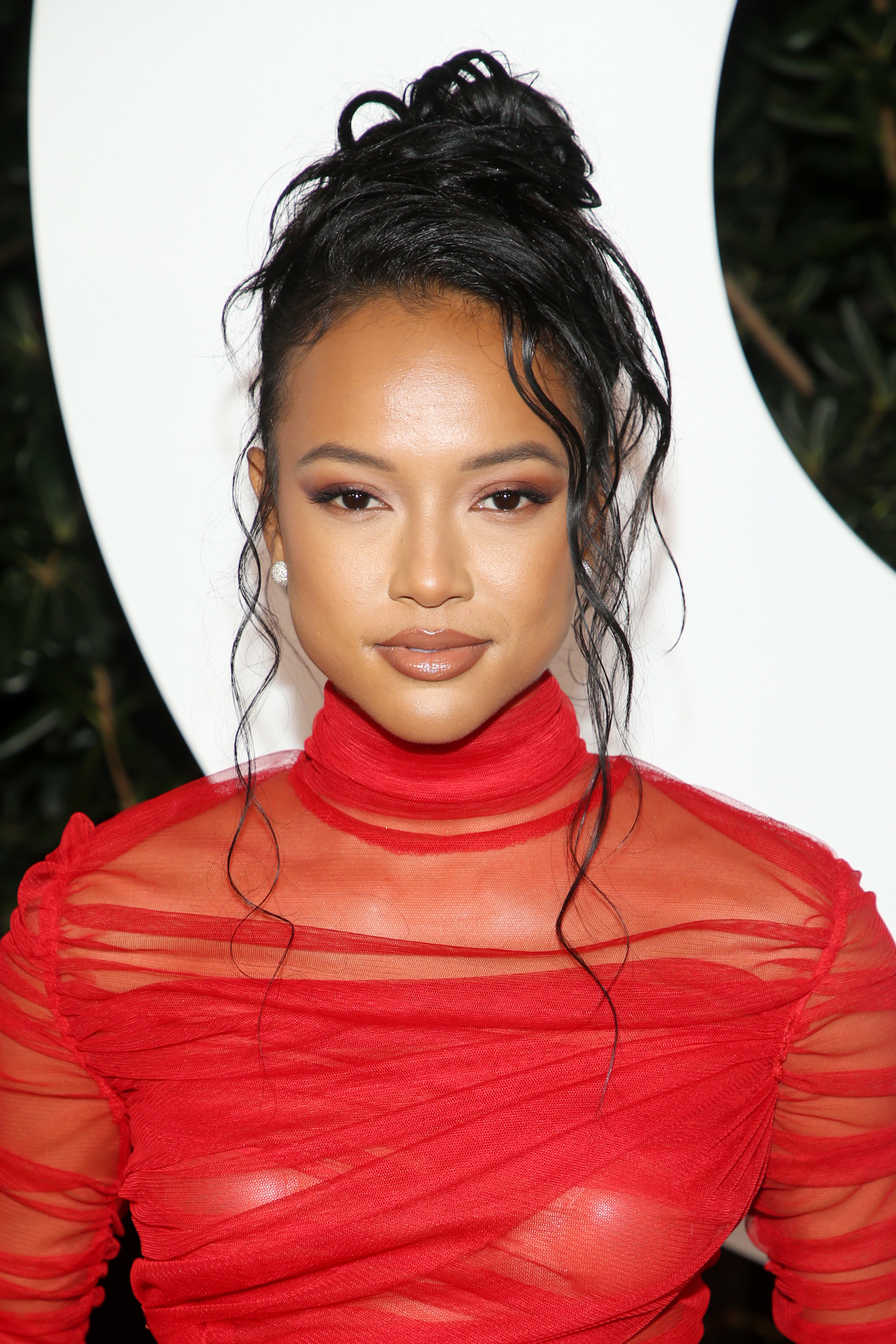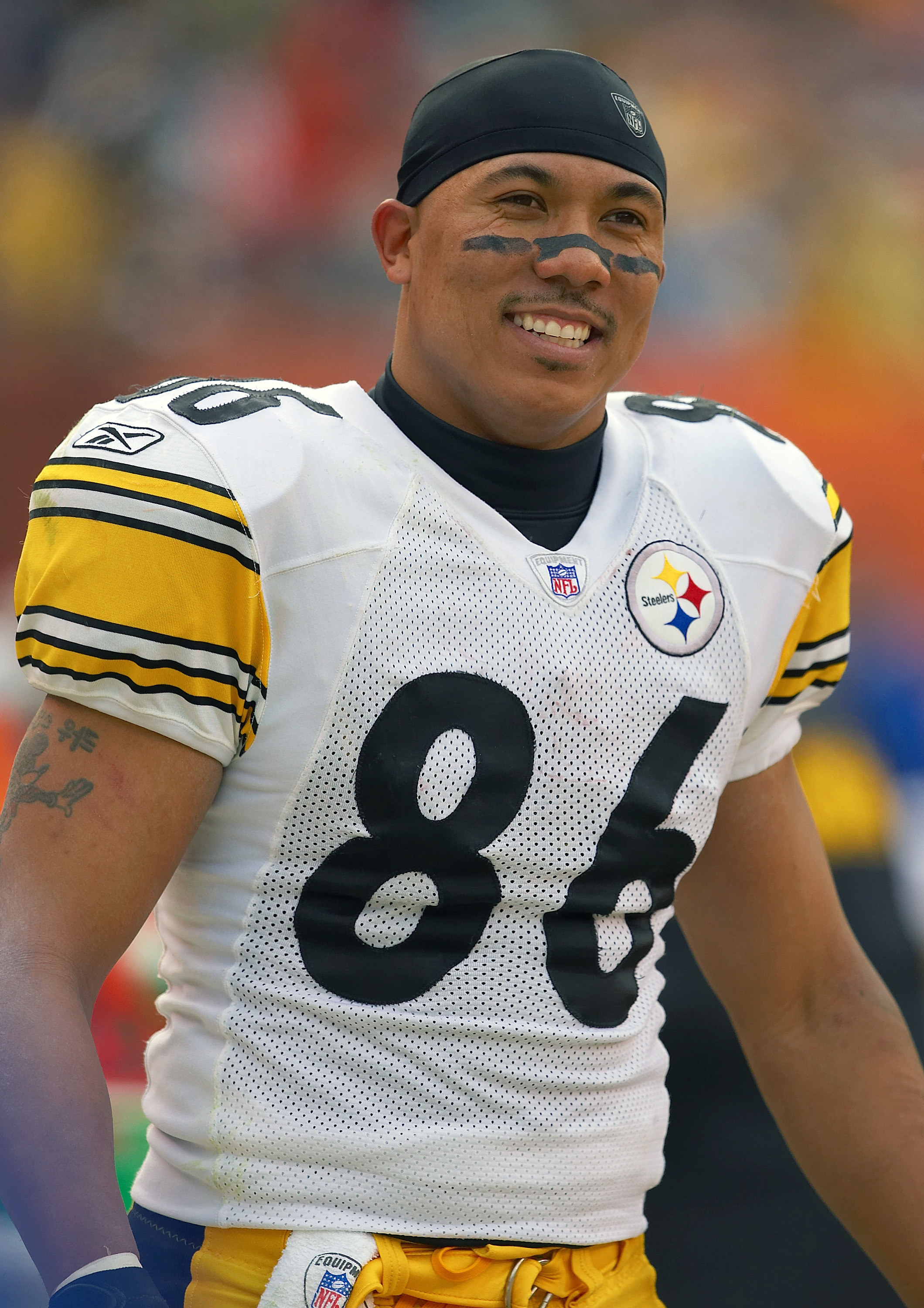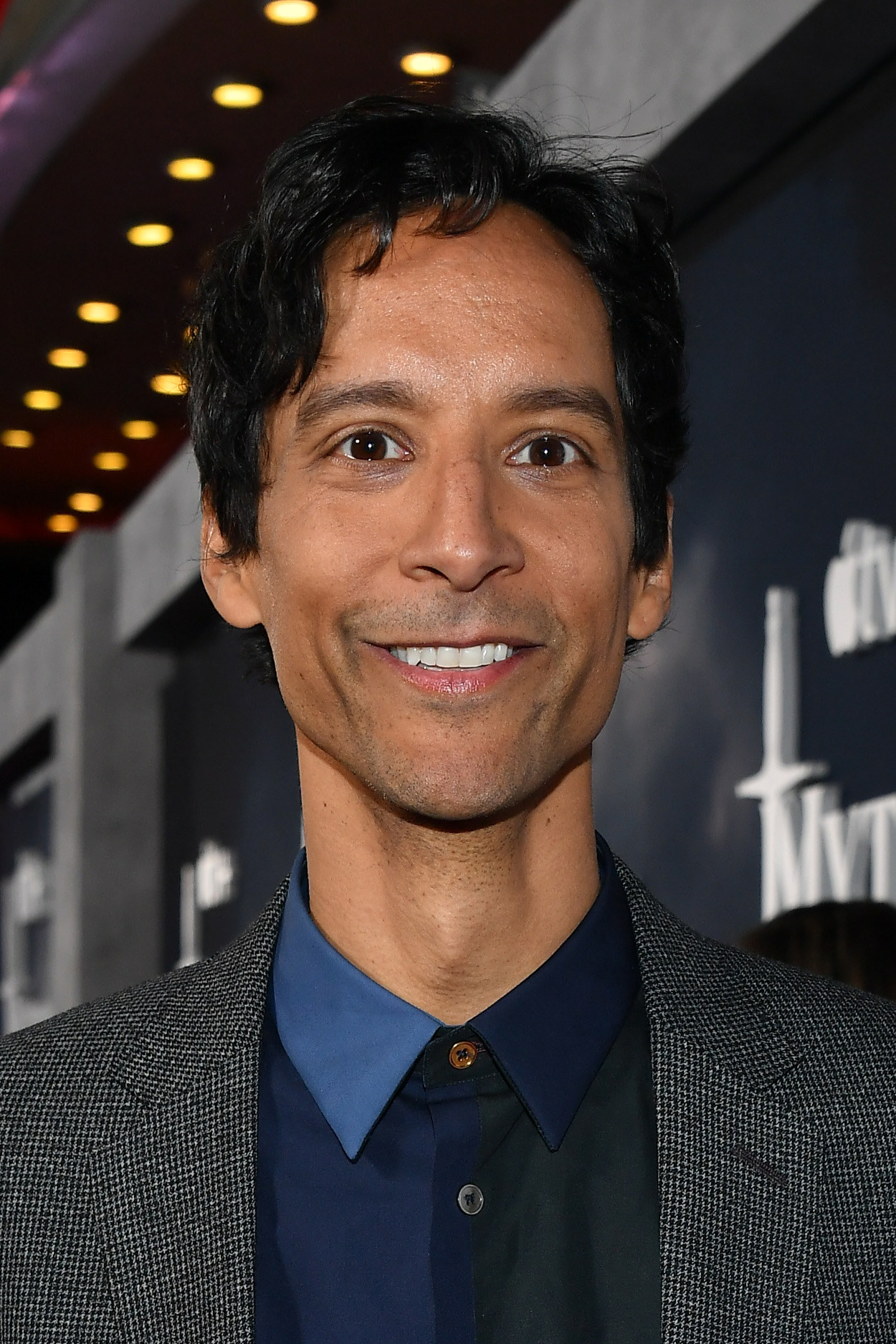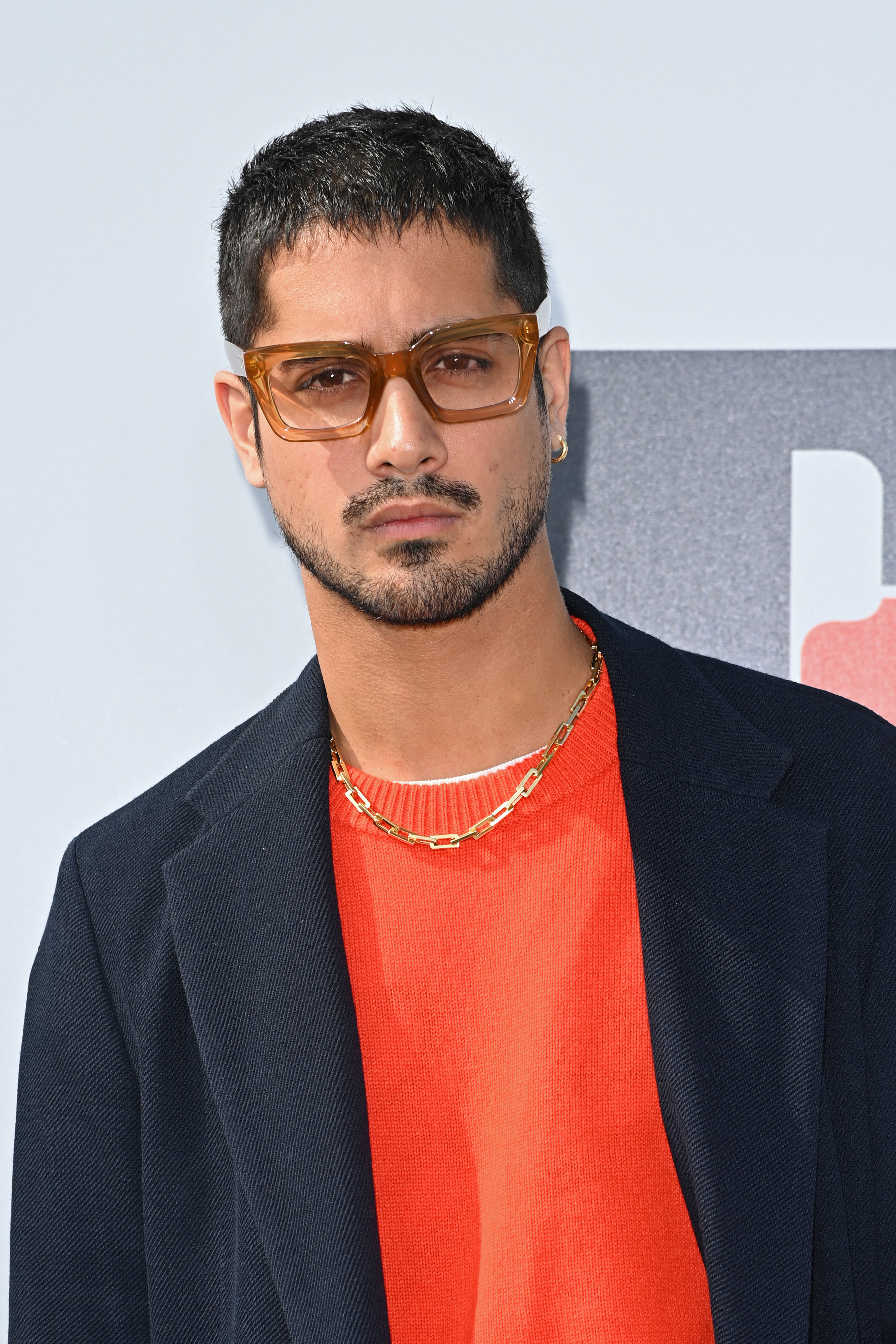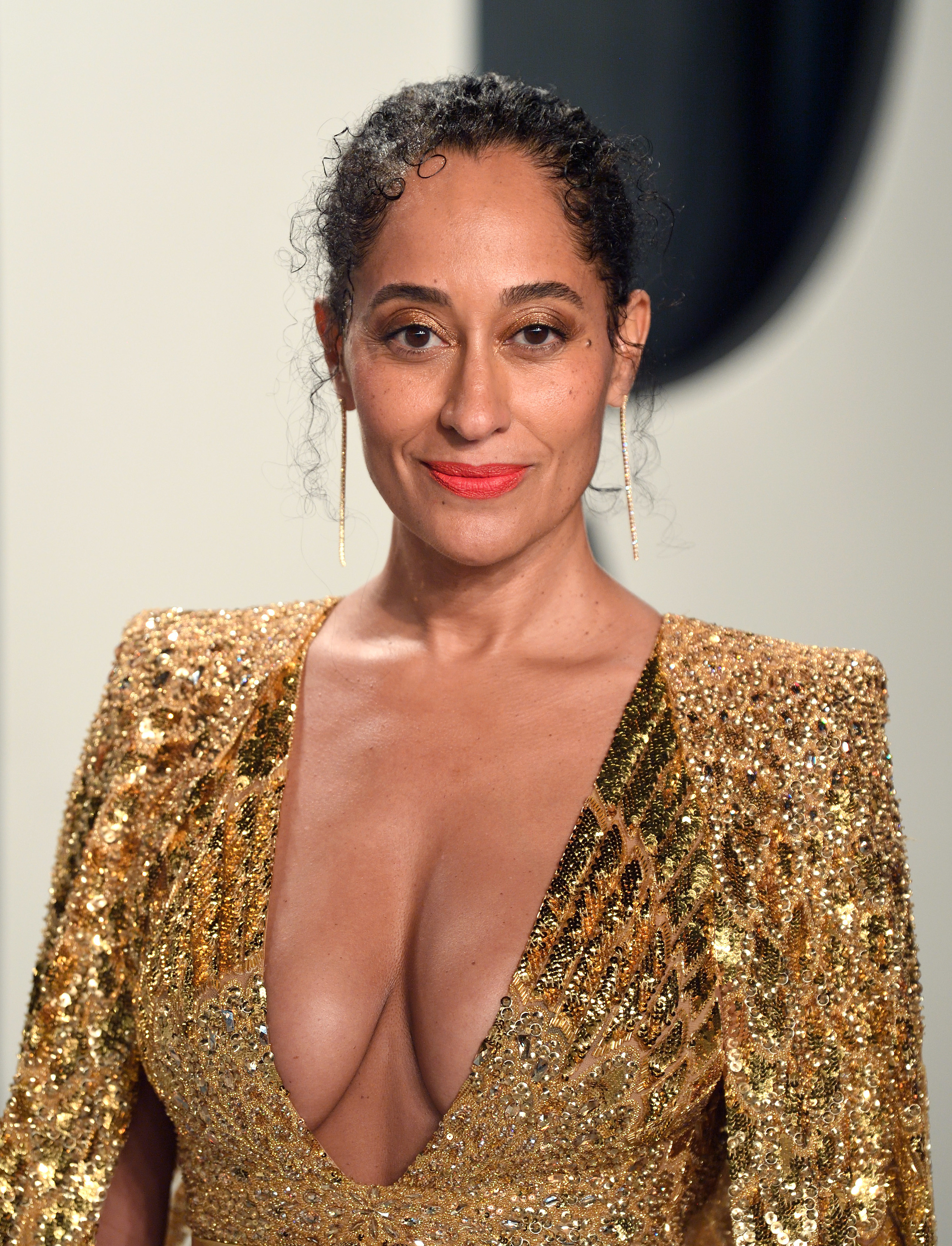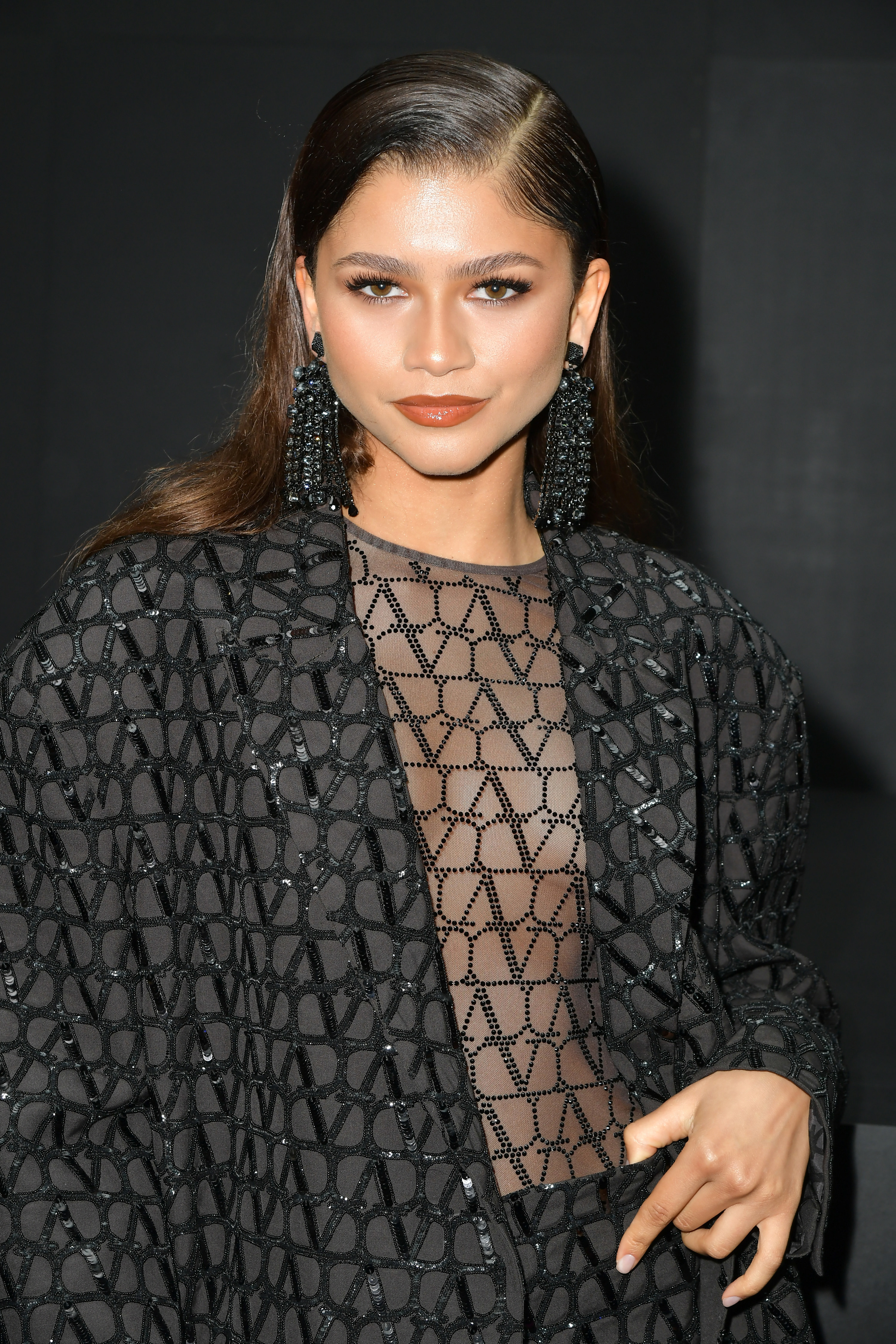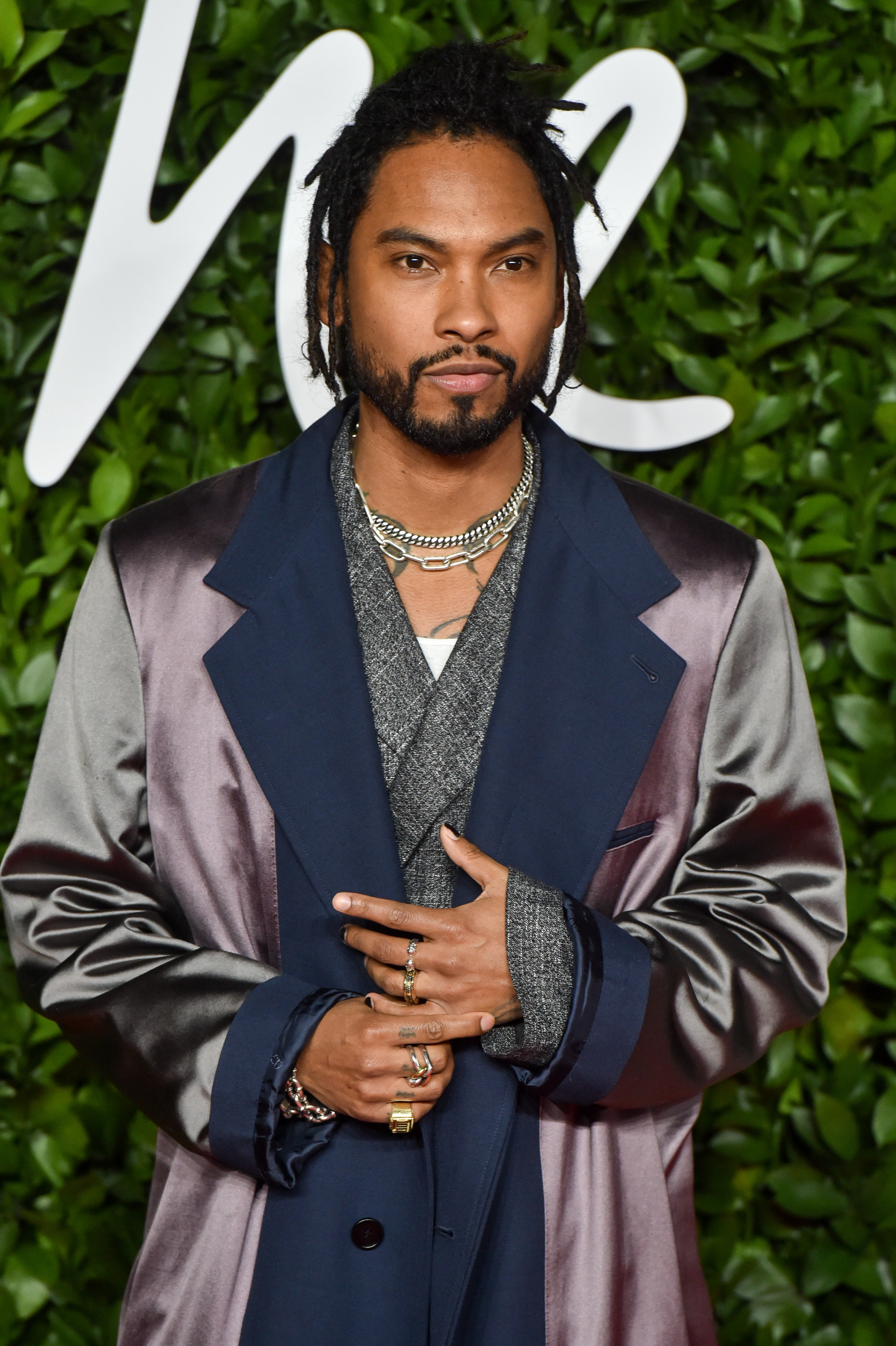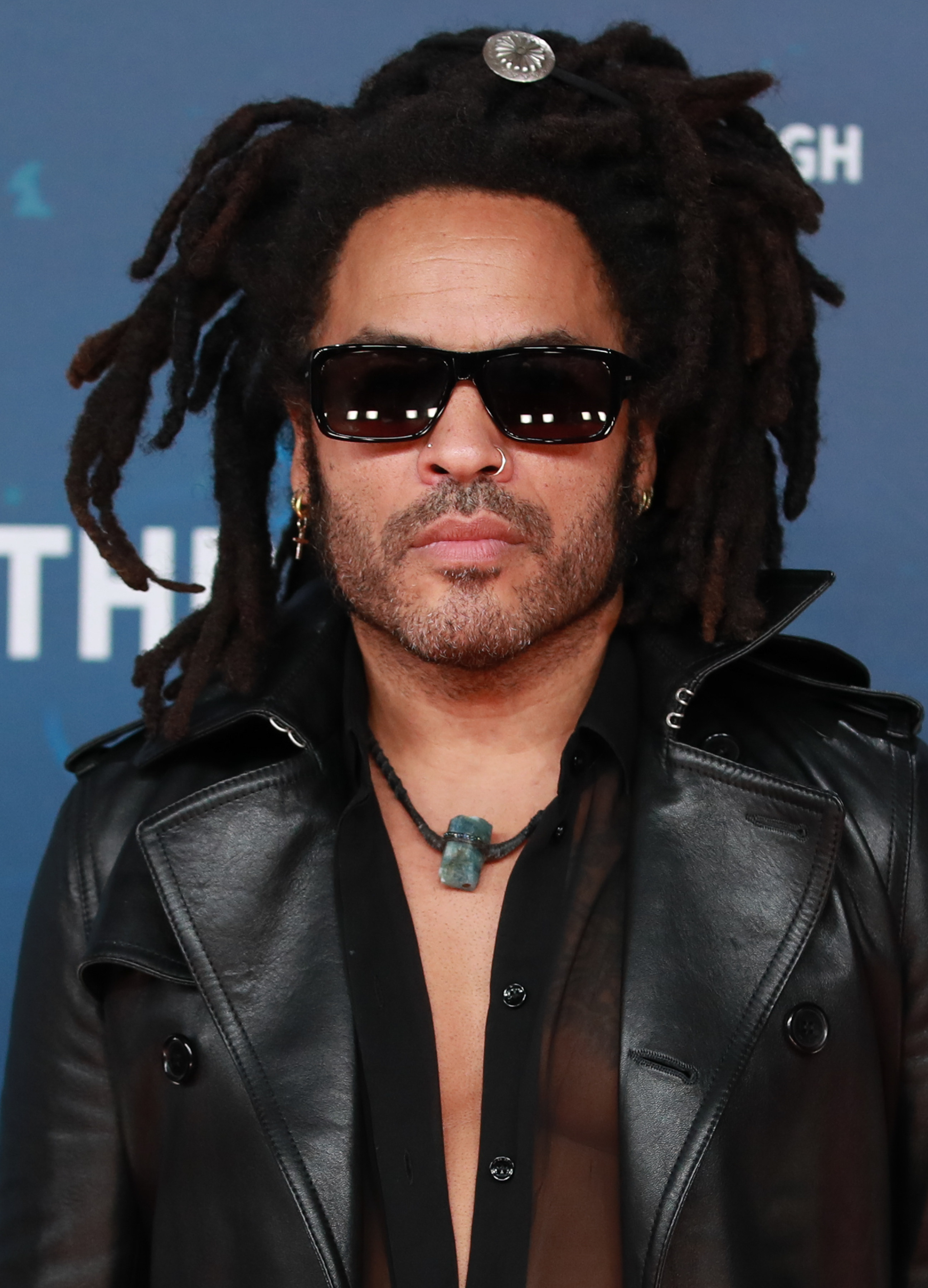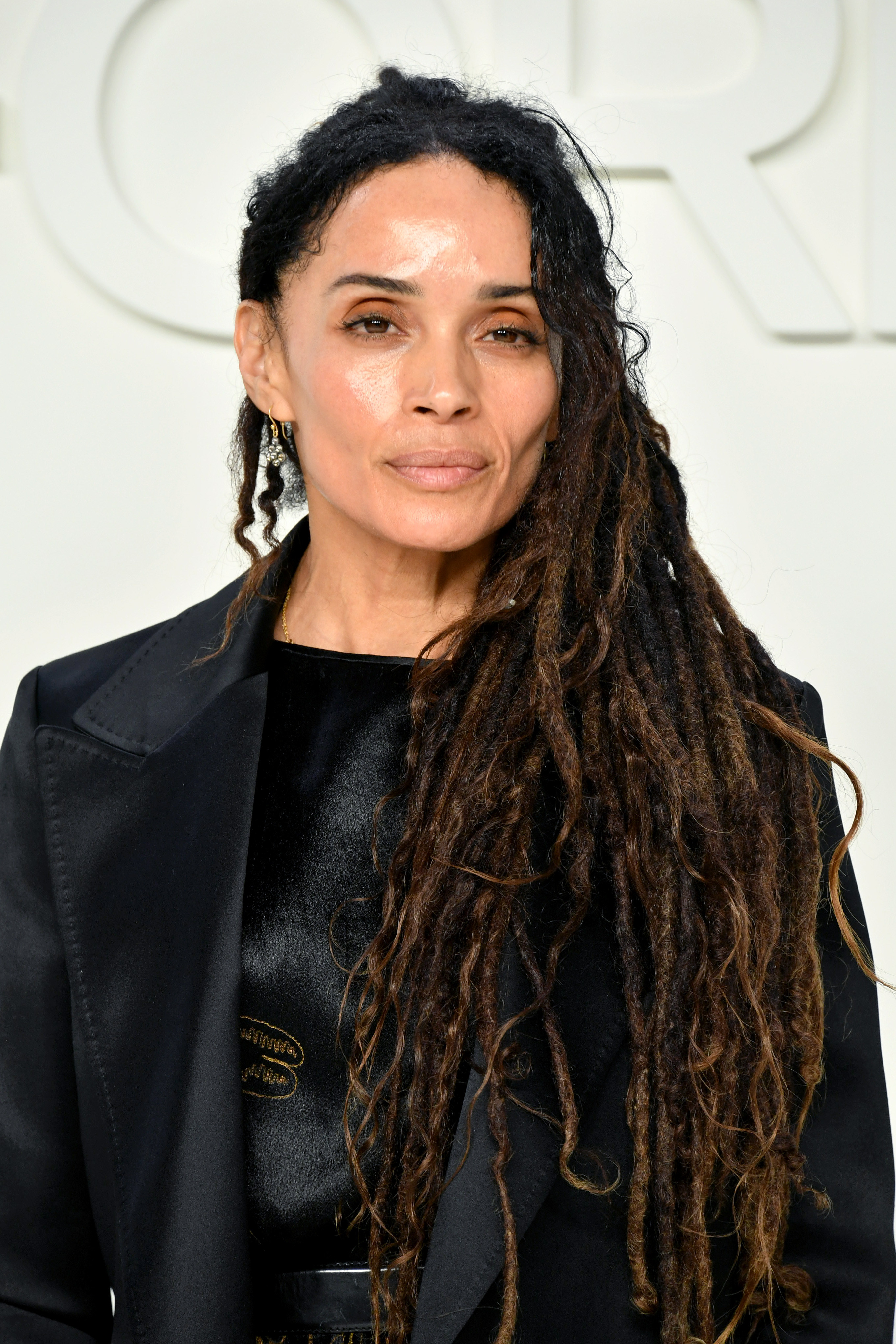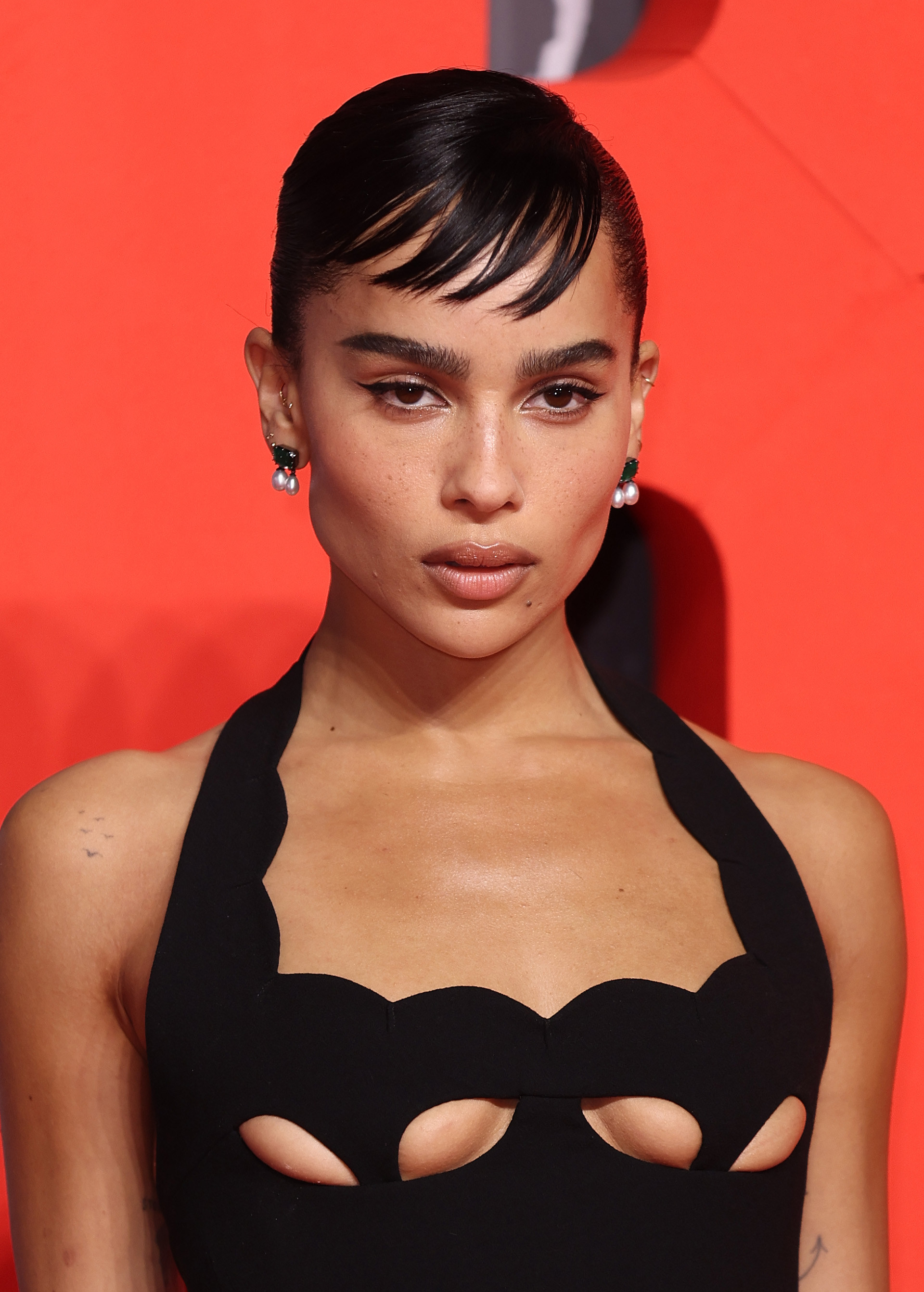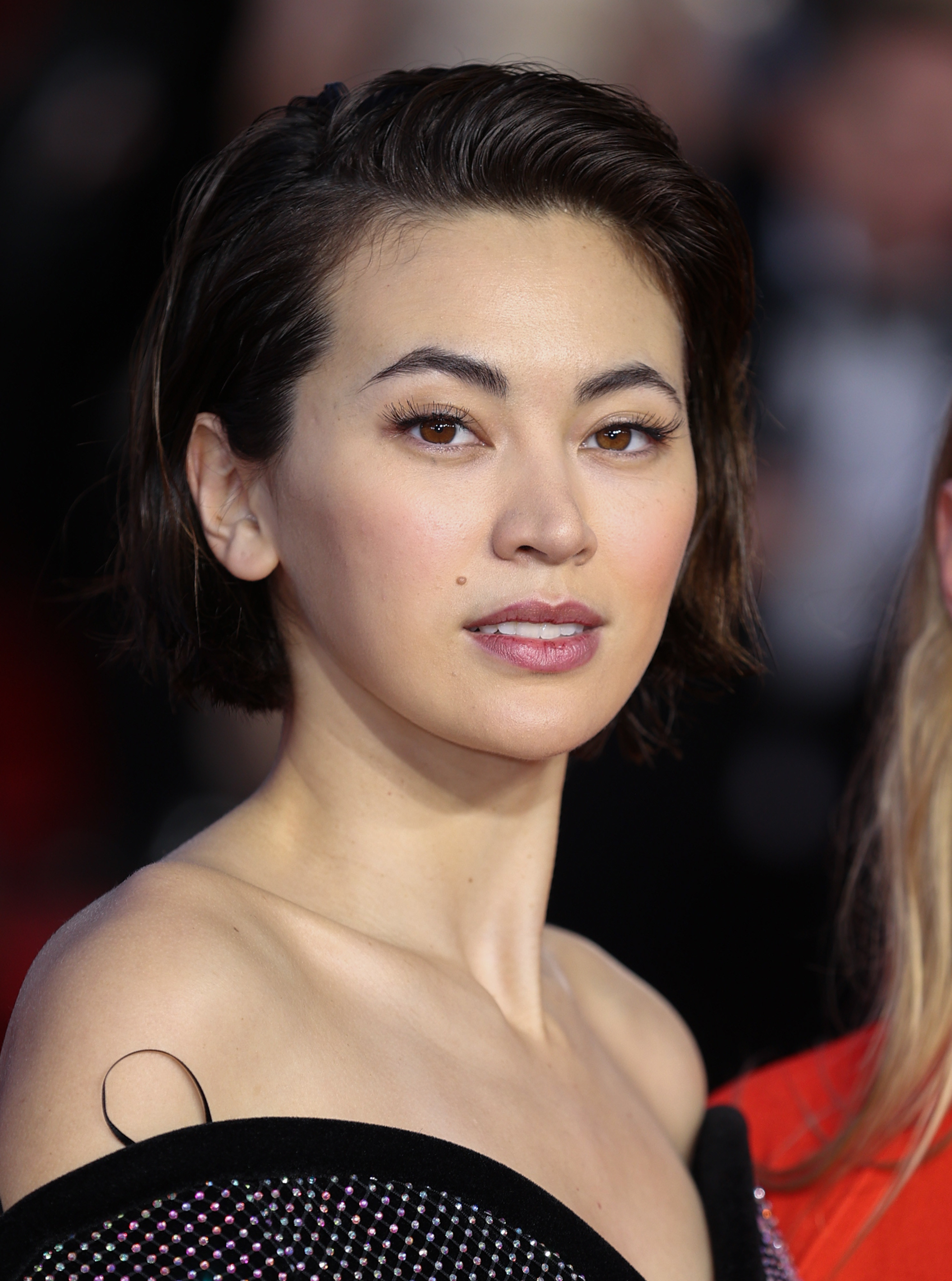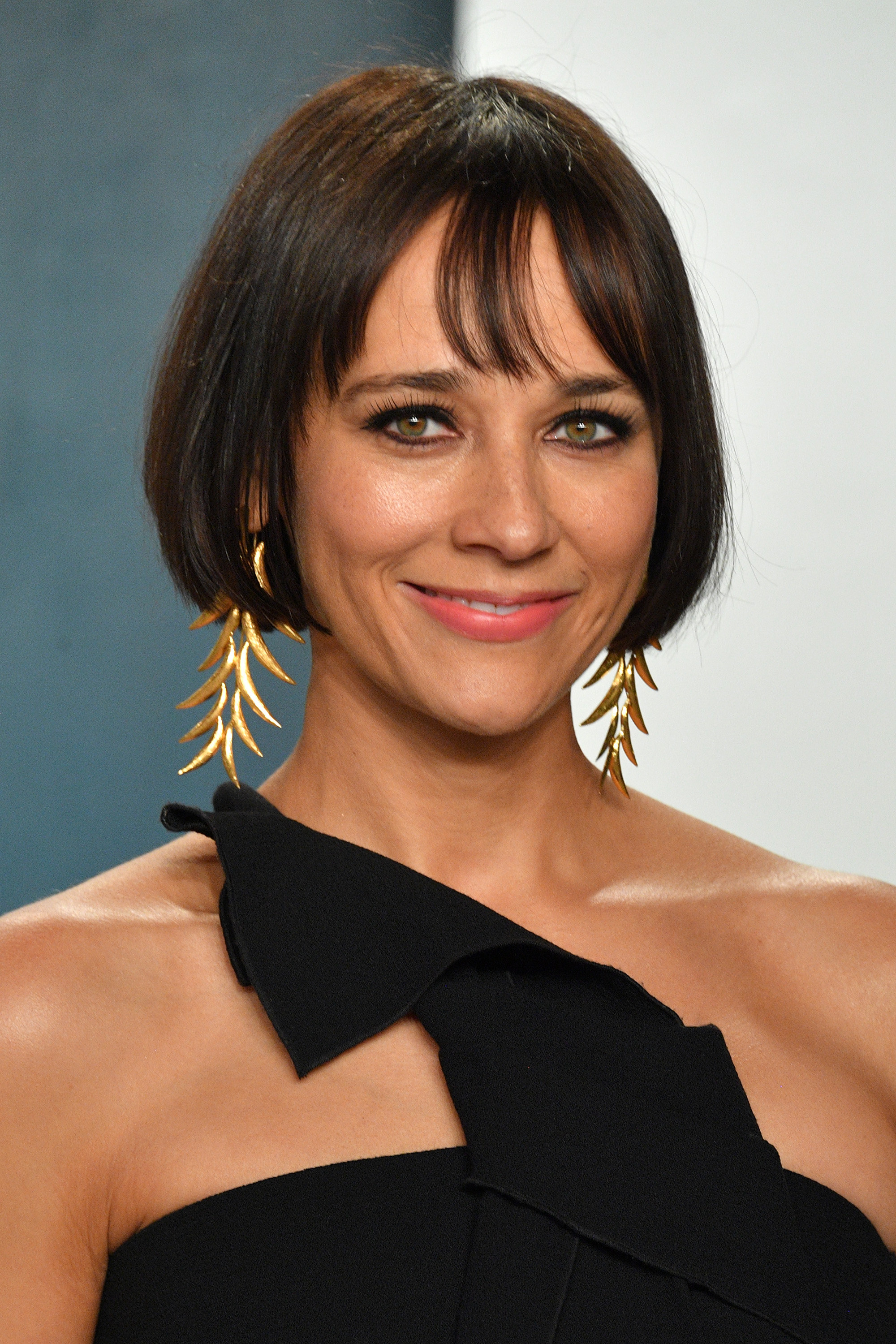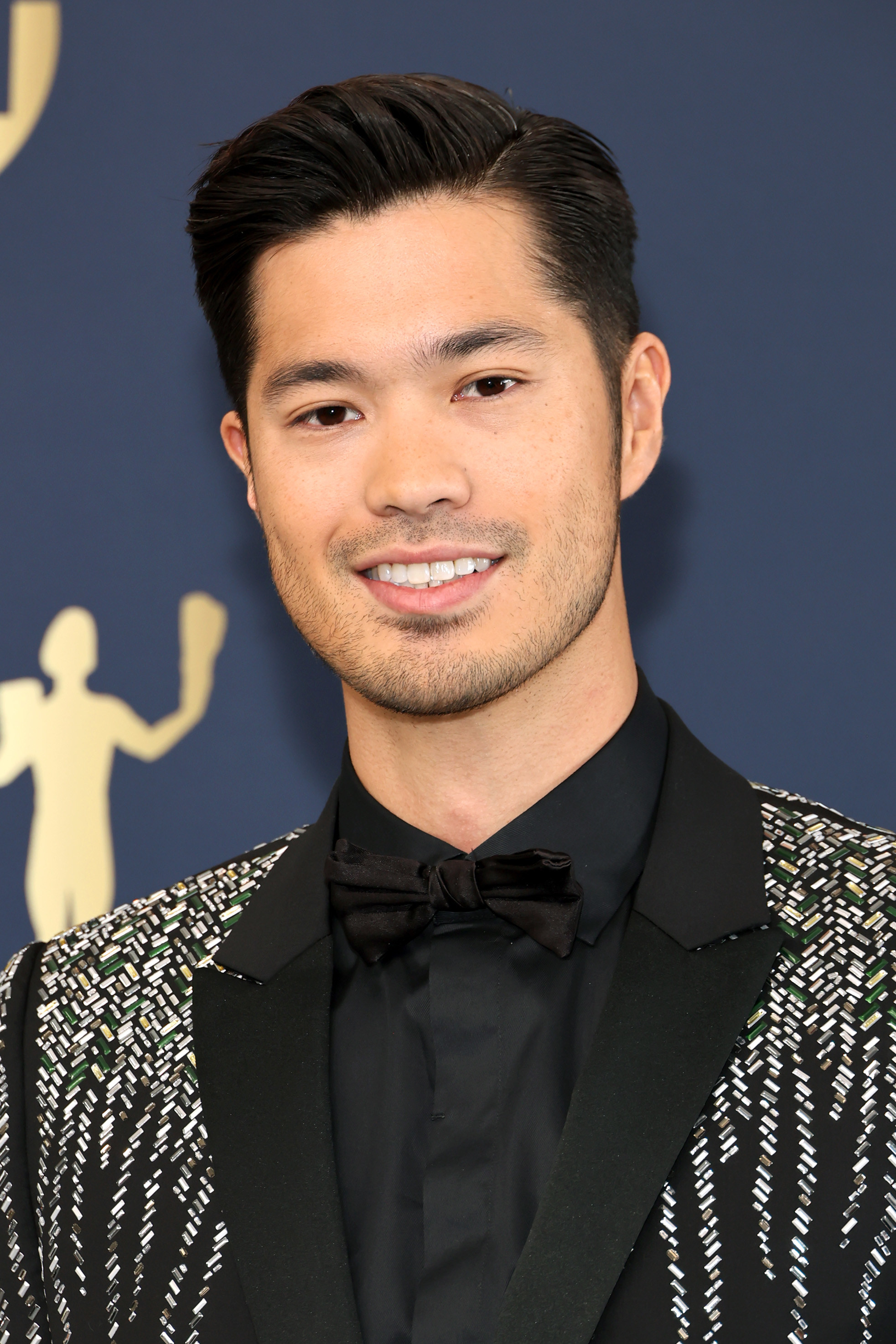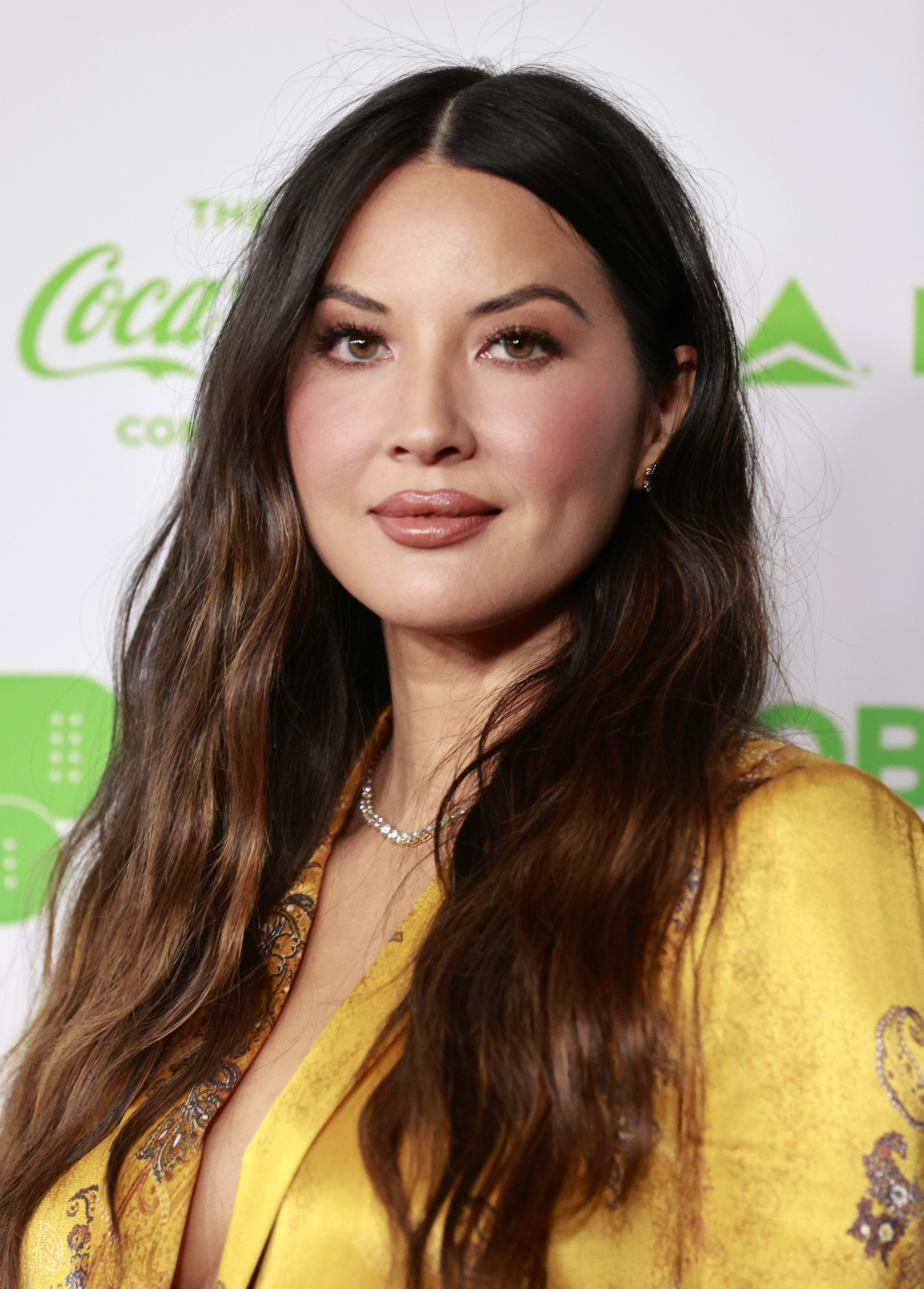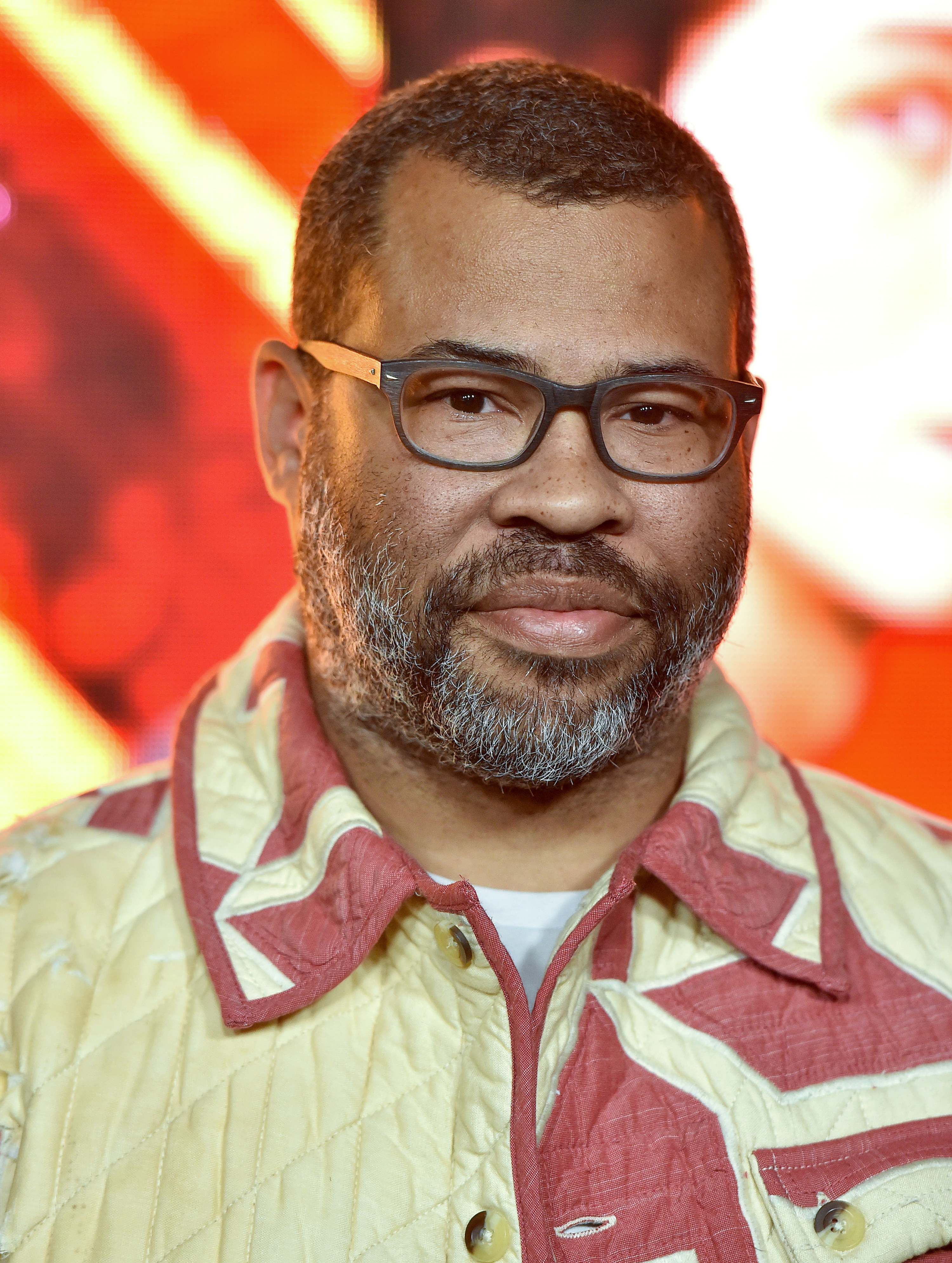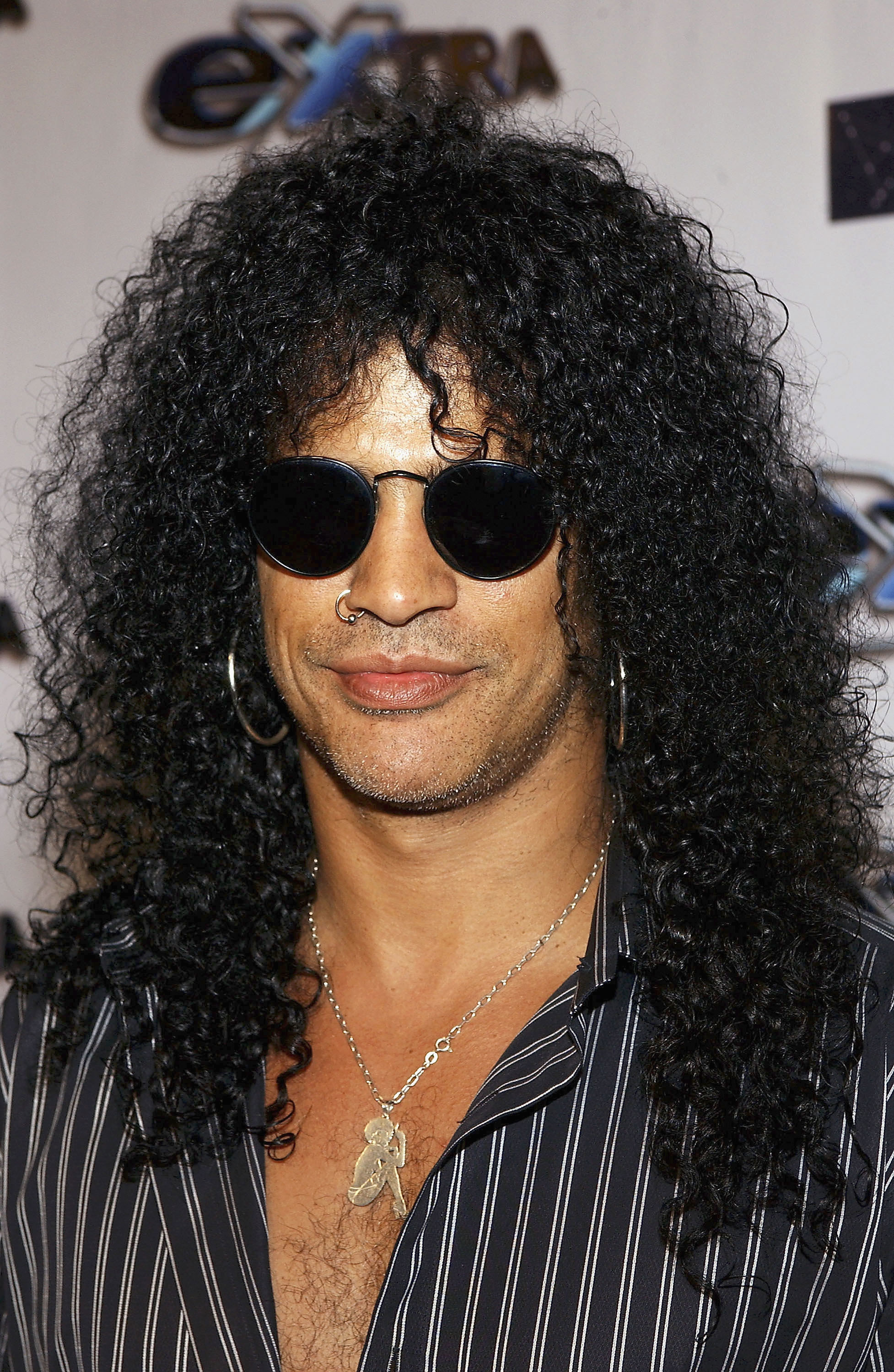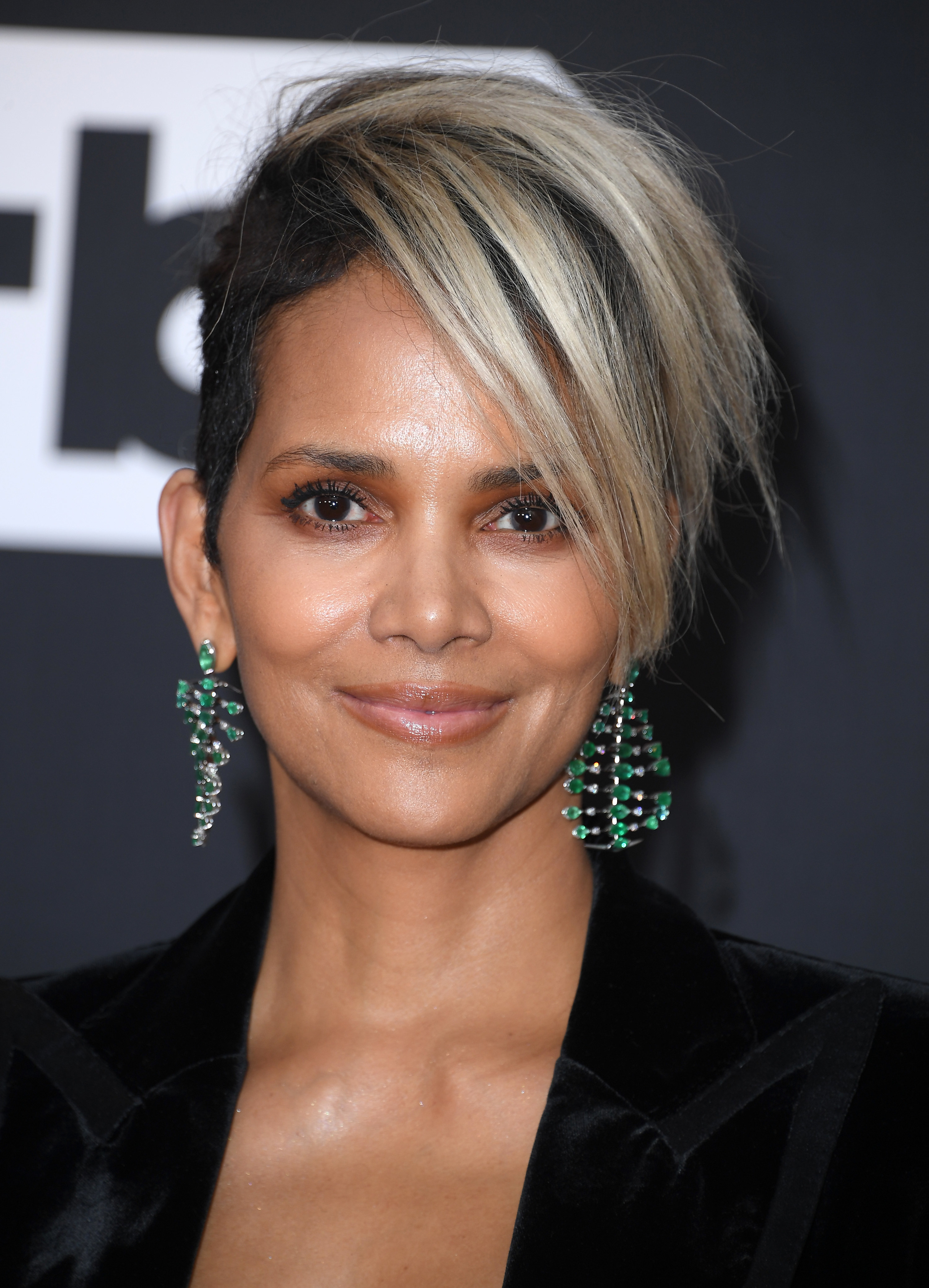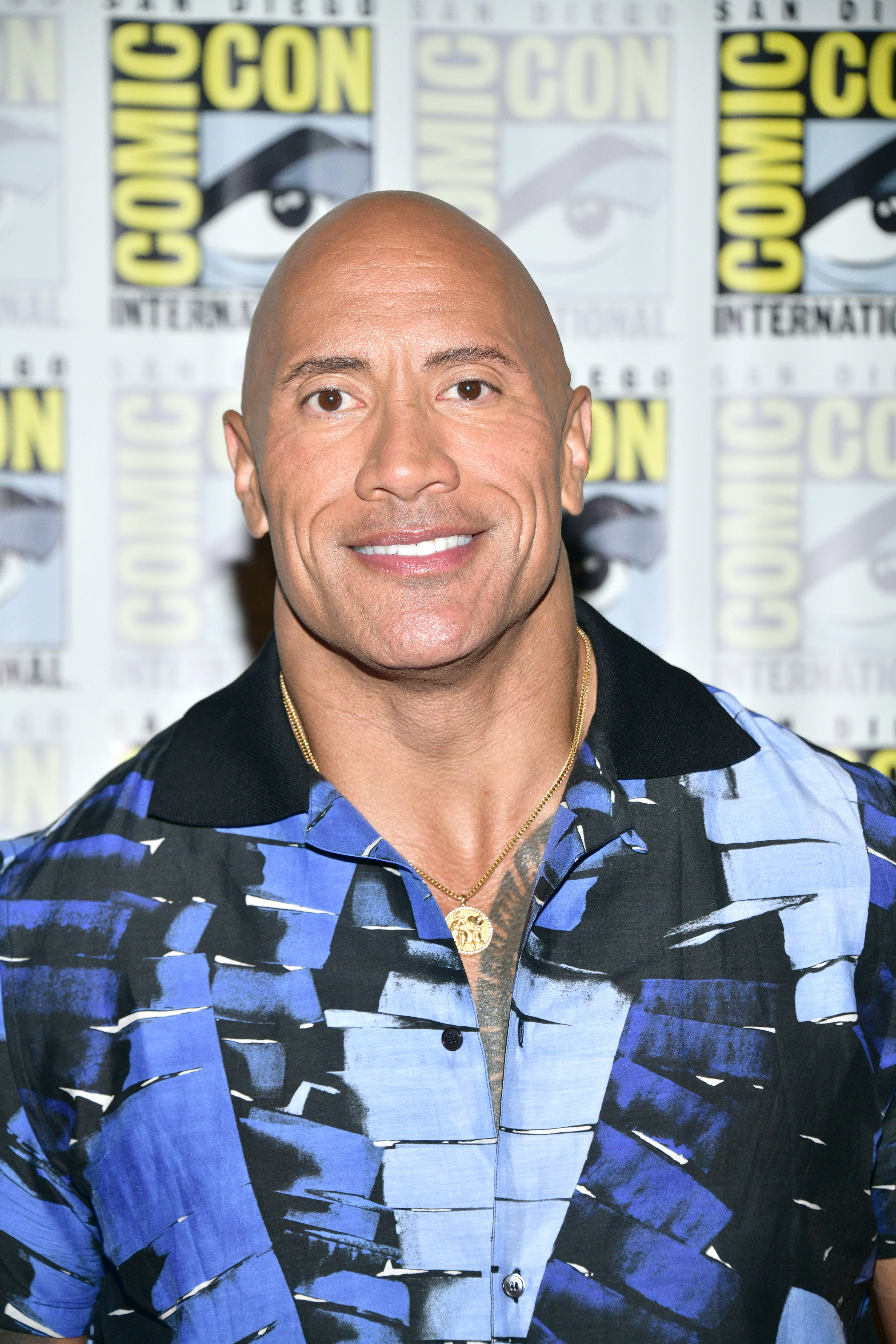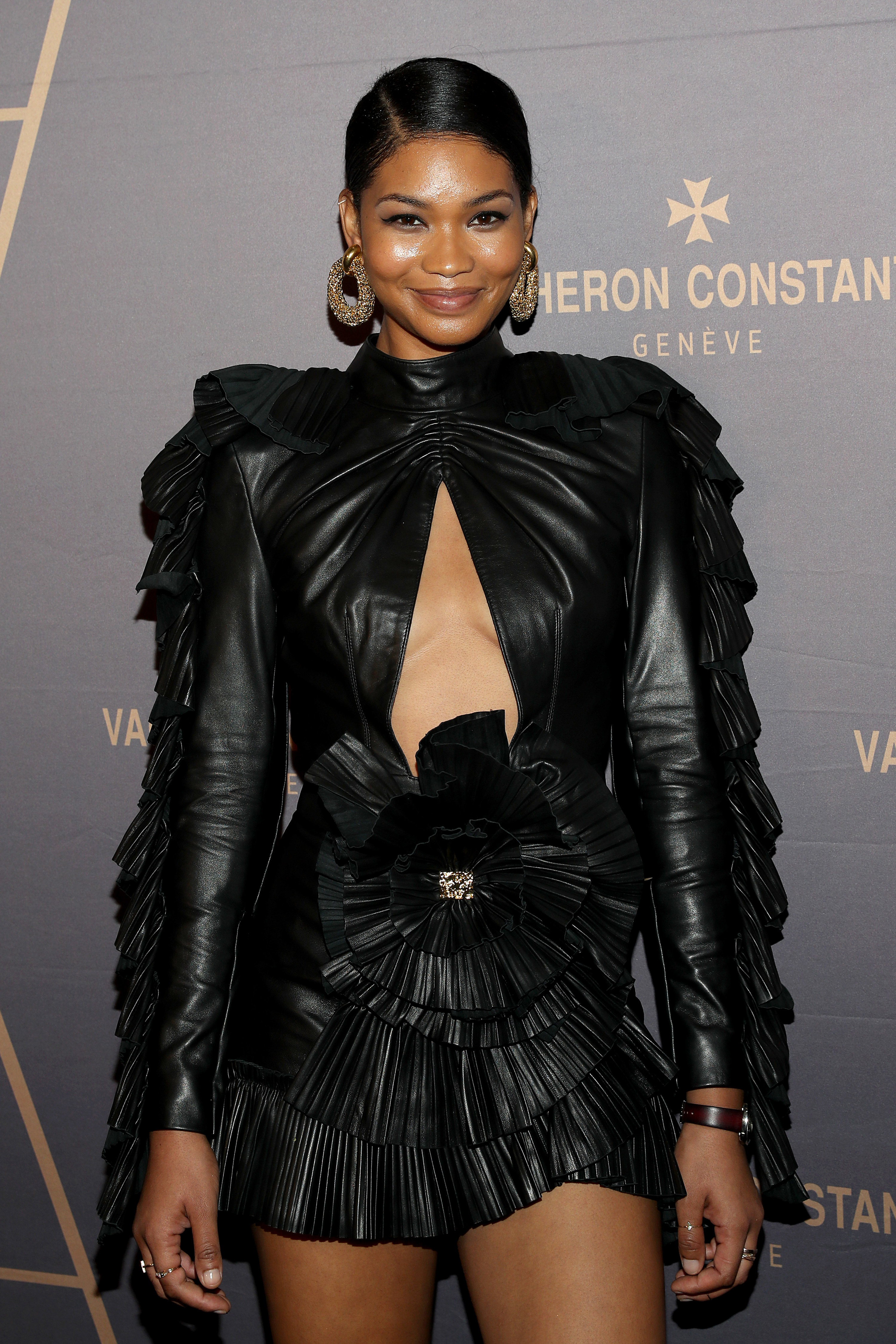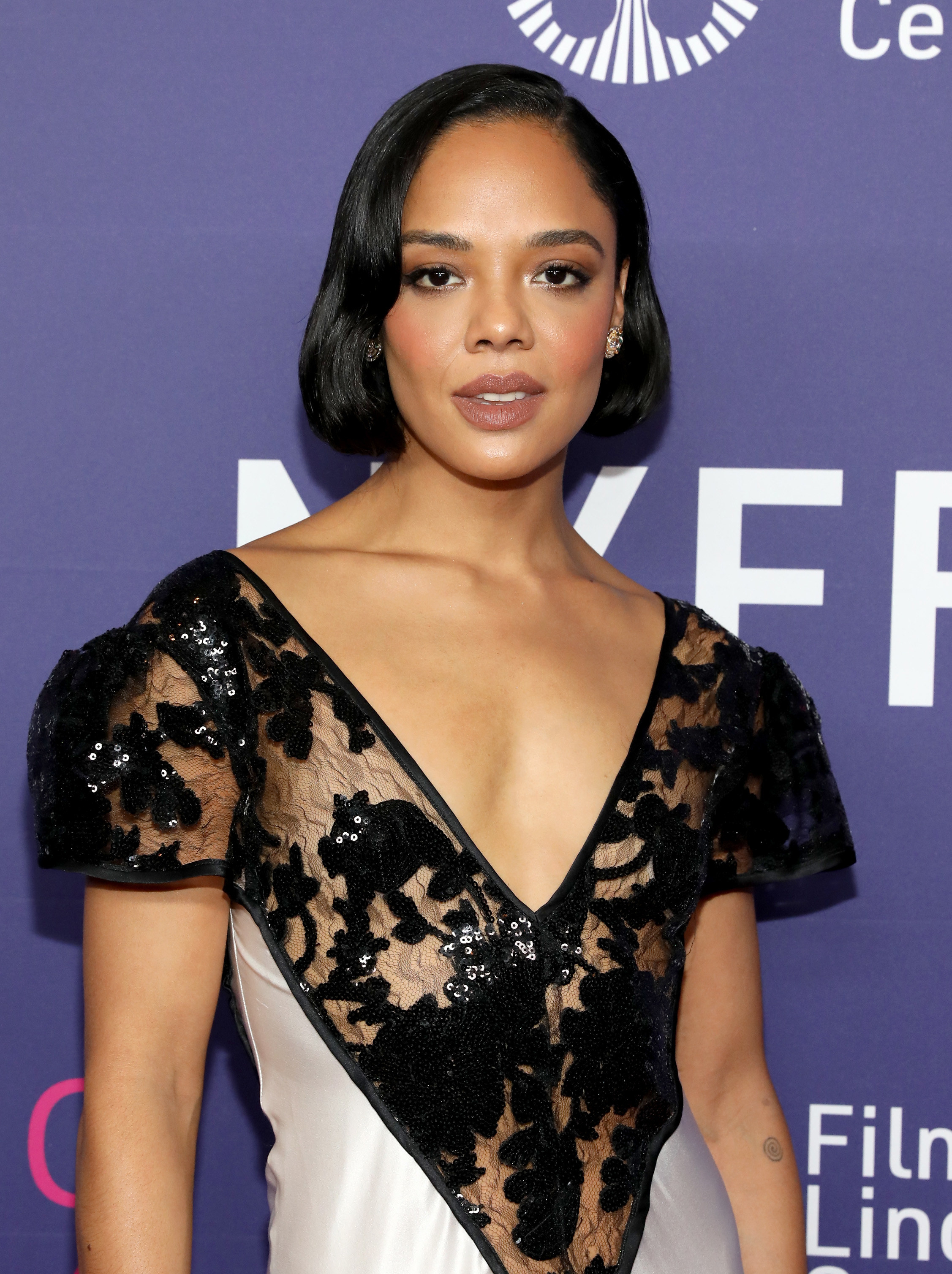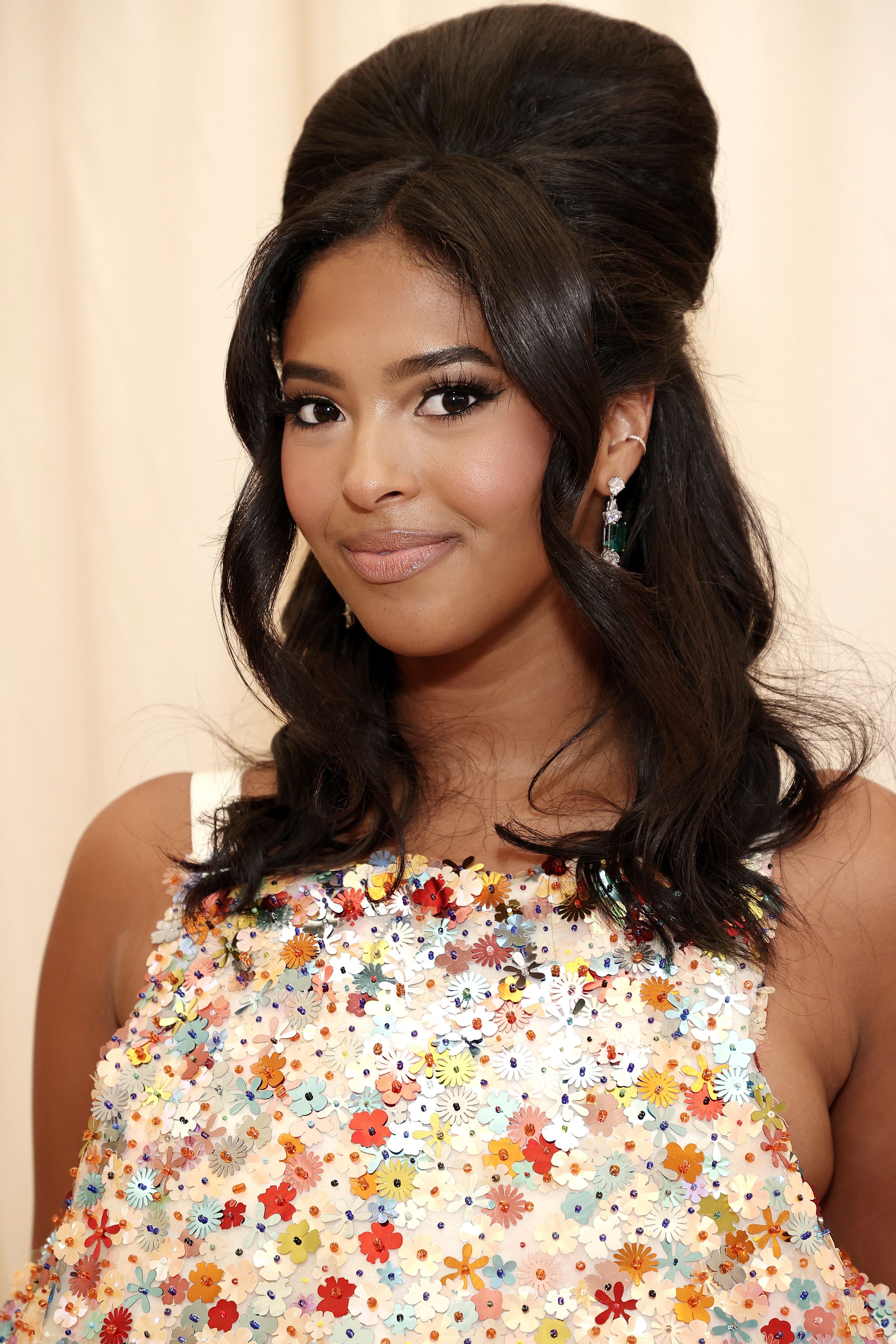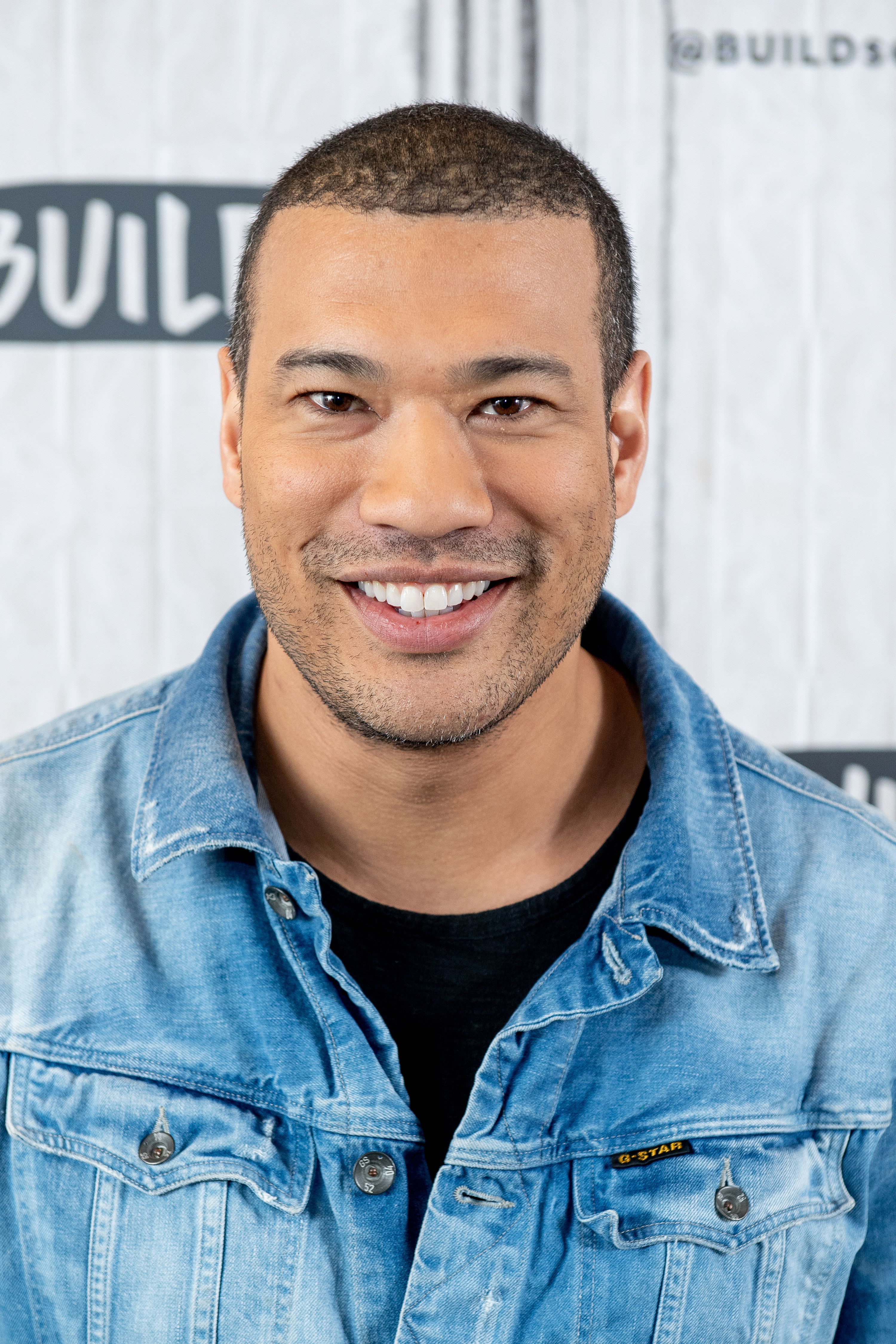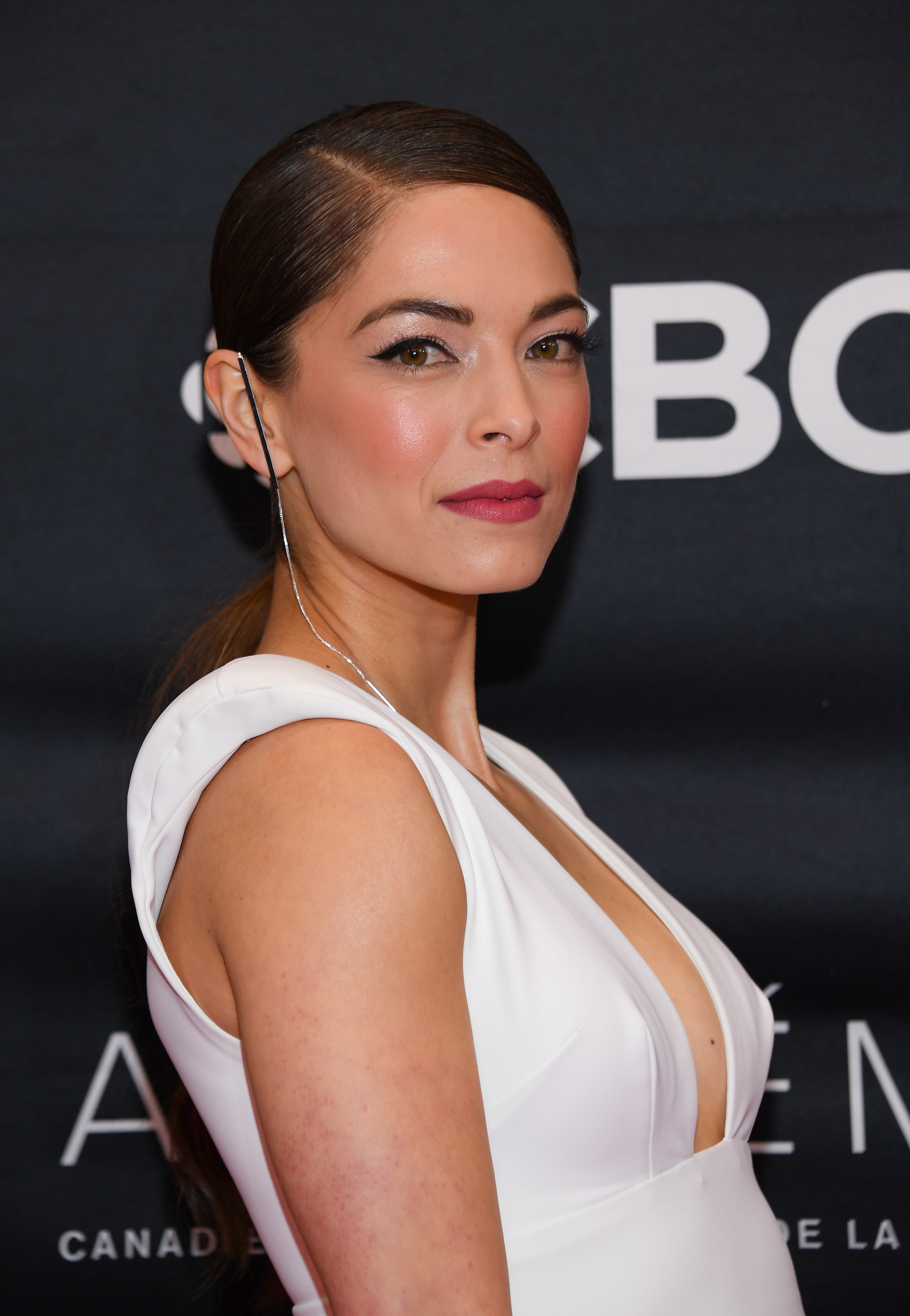She then talked about how she didn’t feel any pressure to prove her Asian-ness, explaining, “I think that when people put themselves into a category, they’re putting themselves into those categories. They’re cutting themselves off from anything that they can venture into in this great big world. I think the best thing is just to grow up and know who you are. You’re going to make mistakes. You may not understand certain things, but I’m blessed to have the parents that I had. They taught me to know who you are to believe in yourself. So, the being Asian, or half, really never really entered my life. I did see things that were a little odd. I’d be at school and I’d talk in Japanese with my mom. When my family moved from Japan, not many people here spoke a second language. So it’s all how you look at things, right? Being able to speak Japanese was great.” In a 2021 interview with Slate, Zauner talked about what is was like growing up half Asian: “I don’t feel like I was really interested in my Korean heritage until my mom passed away. Obviously, it was a part of my life naturally, growing up with a Korean mother and going to Seoul every other summer and having Korean relatives, but it wasn’t something I thought about very much until she passed away, honestly. I was definitely really embarrassed at times. I went through a phase, especially in middle school, when you’re just, like, so embarrassed of everything. One thing that was really important to me was my mom always referred to herself in the third person as ‘Mommy,’ which is such a Korean thing. That drove me crazy because I would be at the mall and bump into a friend or something and she’d say, ‘Mommy is going to be over there.’ And I’d be like, ‘Mom, just say I.’ Stuff like that. Now it’s like, ‘Oh, that’s so cute! What a little bitch I was being!’ But at the time it was just mortifying, like, so, so mortifying. My mom’s name was Chongmi and people would call her Chow Mein sometimes.” She then elaborated, “My name is Michelle Chongmi Zauner, and I used to pretend that I didn’t have a middle name, because if you see the name Michelle Zauner, you don’t know what I’m going to look like. And it felt like a power to me [because] you don’t know anything about me with a name like that. That’s what really bothered me about being half-Asian, was I wanted to be in control of my narrative. Anything that isn’t like being a neutral body, like a neutral white body, makes me feel out of control of my narrative for what you assume of me.” He also talked about his grandmother, who immigrated to the US from Japan in the ’50s: “My bachan used to smoke, and I have a memory as a kid of seeing her out on our balcony, crouching while smoking. I’d learn later that she did this because, during the war, everyone had to turn off their lights and crouch if they were outside so they weren’t detected by planes. There are so many things I wish I could ask her about her life now." He also talked about how being mixed influences the way he approaches his roles: “Being mixed affects my day-to-day life, so it’s affected every role I’ve had. It’s hard because naturally, we want to label everything. It’s just what we do. There’s no shame in that. It’s comforting for us to be able to look at something and say, ‘Let me classify that and put it somewhere in my brain,’ right? I don’t take offense to that, but I’m painfully aware of the fact that I was, like, the only person of color in my school growing up and the only mixed kid in my town, and the only dark kid in my family until my little brother and sister were born. That kind of stuff affects my day-to-day. In terms of how my character processes and rationalizes and whatnot doesn’t change any of that. But I’m sure that being the person that I am, being made the way that I am, affects how I approach everything.” Hadid’s father, Mohammed Hadid, immigrated to the US after he and his family had fled to Syria during the war in 1948. Hadid described her experience visiting Abu Dhabi’s Sheikh Zayed Grand Mosque as the best day of her life in a 2018 Harper’s Bazaar interview: “I was talking to all of these Arab women and men, and finally understanding the culture a lot more than I ever really have. He would teach us about it and we would go and do Eid with my family and we would do Ramadan — I did that since I was a kid. Once I got older I was working and going to school so I couldn’t fast for as long. My dad, he’s so passionate about it, and that’s what kept me very passionate and excited about my roots.” In a 2022 interview on Libyan-American journalist Noor Tagouri’s podcast Rep, Hadid discussed how her relationship to her identity has evolved and her activism for Palestine: “When I was 14, I wrote, ‘Free Palestine,’ on my hand literally with flowers in paint. And I was being called names and being immediately blasted as a person of hatred for another people.” She also shared that she was told her father was “a terrorist by the head of the football team.” Regarding her support for Palestine, Hadid revealed, “I had friends that completely dropped me. Even friends that I’ve been having dinner at their home on Friday nights for seven years now, just won’t have me at their house anymore. … If I started speaking about Palestine, when I was 20, I wouldn’t have gotten the recognition and the respect that I have now. I had so many companies stop working with me.” In spite of the backlash, Hadid said she has no fear about speaking up for Palestine: “I really believe that it’s like what happens, happens, and what is going to happen is bigger than me. If I lose every job, the reason why I did all of the work that I did was to get to this point.” Key elaborated, “My mom would come by my school to bring me lunch — my mom is a cute, ruddy little white woman, and there’s no category for that — the kids don’t know how to respond, and so they tease: ‘That ain’t your mama!’ ‘Why you talk white?’ It’s not to say that every child in grade school talked to me that way, but that’s what I remember.” He continued, “I actually used to speak Samoan, but me and my sisters all kind of lost it. We go there at least once a year to see family. And my dad recently just got a traditional Samoan tattoo. He’s a chief in Samoa, so he got that tattoo to commemorate it.” While on Jimmy Kimmel Live! in 2021, Apa elaborated, “[My dad] is a matai, yeah. He holds the matai title, chief title, of the village that he’s from and I’m from, called Moata’a, in Samoa.” When asked if the title would then pass to him, he responded, “I don’t know. I can’t speak Samoan, so it’ll be something for me to take that would be kind of, I would think it’s a huge responsibility. I don’t really feel adequate, to be honest, but I doubt myself in almost everything that I do.” In 2022, Apa was bestowed the matai (chief) title Savae in a ceremony at the traditional grounds Laoa o Tamapua in Moata’a by the chiefs of his village. In an Instagram post sharing pictures of the cultural ceremony, he wrote, “O la’u fautuaga - o le a ou tautua i le tatou aiga ma le tatou nu’u. Fa’afetai i le Atua. My goal is to serve my family and my village (Moata’a) Thank you God.” She also opened up about a time when she was younger and playing against a Japanese opponent: “She was talking with another Japanese girl, and they didn’t know that I was listening [or that] I spoke Japanese. Her friend asked her who she was playing, so she said Osaka. And her friend says, ‘Oh, that Black girl. Is she supposed to be Japanese?’ And then the girl that I was playing was like, ‘I don’t think so.’ I remember that specifically because, yeah, I sometimes feel like a lot of people think that way about me.” About herself, she continued, “In certain situations, I feel — or I’m made to feel — that I’m too white to stand up for part of my Arab heritage. You go through life trying to figure out where you fit in racially. Is what I am, or what I have, enough to do what I feel is right? But then, also, is that taking advantage of the privilege of having the whiteness within me, right? Am I allowed to speak for this side of me, or is that speaking on something that I don’t experience enough to know? Do you know what I’m saying?” “I think that Khai will grow up feeling out the way that she can or wants to be a bridge for her different ethnicities,” Hadid concluded, “but I think that it will be nice to be able to have those conversations, and see where she comes from [with] it, without us putting that onto her. What comes from her is what I’m most excited about, and being able to add to that or answer her questions, you know?” In a 2021 interview with NBC Asian American, Reeves said, “My relationship to my Asian identity, it’s always been good and healthy. And I love it. We’ve been growing up together.” She continued, “Because so many times, if you are of any race, there is a certain feeling of this meter of like, ‘How Black am I? How Iranian am I?’ and it’s hard when you’re both to feel as though you can coexist as both and be fully both.’” She then revealed, “They called me ‘chinky giraffe.’ I cried all the time. But my mother wanted me to turn my tears into something else, something positive.” So her mother signed her up for modeling, where Karl Lagerfeld eventually dubbed her “the face of the 21st century.” Despite experiencing racism, Henney said that he didn’t think about being mixed race as a child in small-town Michigan, “a very naive place of 1,100 people where all the kids there ever thought about was hunting and fishing. I always just thought of myself as a white guy.” However, his friends would tease him by bowing to him or taunt him about ramen noodles, which his mother stocked in the kitchen. Sometimes, these would escalate to physical fights, with Henney noting, “I grew up in a rural area. You get your racism there.” In a 2018 interview with Asia Pacific Arts, Henney discussed playing the biracial Asian-American character, Matthew Simmons, in Criminal Minds: Beyond Borders: “Simmons being biracial has really added an amazing element to this character for me. It’s not usual, it’s not normal for an Asian-American actor to be able to play a role like Simmons where he’s the quintessential American. He’s the guy the viewers need to depend on, he’s a family man, he embodies what you want in a special agent, a tactical guy. And I don’t think that that responsibility has been given to an Asian-American actor in a long time. So I’m very proud to play Simmons. … It’s been a very fulfilling experience, and I hope it continues.” In opening up about her childhood, Carey asked, “How was I supposed to fit in? I was, like, the only one that’s this weird mutant, mutt — using an antiquated phrase that I’m not asking anyone else to ever use again, but I’m embracing it — mulatto girl. I’m not even embracing it. It’s a horrible way of defining somebody. It actually means ‘mule.’” He also shared what it was like touring with One Direction in their early days: “The first time I came to America, I had three security checks before I got on the plane. First, they said that I’d been randomly selected, and then they said it was something to do with my name — it was flagging something on their system. It was like a movie. They kept me there for three hours, questioning me about all kinds of crazy stuff. I was 17, my first time in America, jet-lagged off the plane, confused. The same thing happened the next time, too.” In a 2018 interview with Vogue, Malik reflected on his childhood in Britain. “I did see the segregation,” he said, before speaking about people’s perspective on his parents, “That was confusing for people, they didn’t really understand. ‘Who’s the brown person? Is it your mum or is it your dad?’ That was nobody’s fault, other than learning these things.” He also shared his optimism toward the future as people learn more about race and society progresses: “It’s natural. There are more mixed-race people around now.” And though he’s often referred to as ‘Britain’s most famous Muslim,’ Malik pointed out, “I’ve never spoken publicly about what my religious beliefs are. I’m not professed to be a Muslim.” He also revealed that he wouldn’t call himself Muslim: “No, I wouldn’t. I believe whatever people’s religious beliefs are is between them and whoever or whatever they’re practicing. For me, I have a spiritual belief of there is a god. Do I believe there’s a hell? No.” On his relationship with religion, he elaborated, “With my mum and dad, they were always there to educate us — I did go to mosque, I did study Islam — but they gave us the option so you could choose for yourself. There’s definitely beautiful parts to every religion.” She continued, “My dad would throw down with the soul food when we had our Black side over. Black culture, to me, is so important and I identify with young Black women. I represent young Black women, and I’m proud of that.” She continued, “Like, my mom is of Filipino descent and my dad is of Black descent, so it allows me to be sensitive to other people’s cultures. Because sometimes people might not communicate or understand the things that I do. I might not understand what someone else is doing, but I’m always able to know that people come from different places and have different understandings.” Growing up as a gay Asian child on Air Force bases in the ’80s and ’90s, Ricamora felt out of place surrounded by “macho” culture. He was bullied for his sexuality in junior high and would sit in the front of the school bus to avoid being bullied for his race. In a 2019 interview with American Theatre, Ricamora recalled, “My best friend made fun of my race and I went along with it because I didn’t have anyone else to hang out with.” He also talked about his motivation for acting as a gay Asian man: “What attracted me to acting is getting up on stage and speaking my truth. There are basic human truths that live in all of us no matter our race or sexual orientation. And that’s still what I want to do … That’s the reason why I was like, when I started acting, this is my career, this is what I want to do with my life. It feels like a noble thing to do.” Simone continued, “I remember Liz just looking at me and saying: ‘Hannah, I just cast the funniest person,’ and that really landed on me. And she just kept writing that way to keep Cece a funny, honest character and friend and woman on that show.” “Growing up mixed race in a working-class town has its issues,” she continued. “It was interesting for me, growing up in an Arab community. My granddad really wanted me to be Muslim, bless him! My mam made me go to church on Sunday, but I went to Muslim school on Saturdays — it was next to the local mosque where my grandfather went. I enjoyed it, but I’m not religious. I wish I’d stuck at it because I’m trying to re-learn Arabic.” Thirlwall further reflected, “My grandfather was proud of being Arab and always encouraged me to stand up for who I was. Once that figure left, that disappeared a bit. Now I’m grown up and have more of an education about what racism and prejudice are, I see how crazy some of the things that happened to me growing up actually are. If you weren’t evidently Black, you were called the P-word or called ‘half-caste.’ I would get so confused because I’m not from Pakistan. One time I got pinned down in the toilets, and they put a bindi spot on my forehead – my mam was fuming!” “I’d identify myself as mixed-race. If I delved deeper, I’d say of Arab heritage, I guess. I’ve had an inner battle of not knowing where I fit in or what larger community I fit into,” she concluded. “When I moved to London it was a whole different ballgame, being around people who recognized me as being mixed. I definitely felt more accepted. I feel sad that through my teenage years I was never proud of who I was, and it took me coming into adulthood and living in a different environment to learn about who I am, be more proud of it, and speak more about it!” In a 2018 interview with Mixed Asian Media, Tan expressed, “Being mixed in an industry that has been known for casting [people of color] as stereotypes has been frustrating and tiring, but has also made me a better actor and performer because I have had to convince casting directors and producers I am the ONLY choice for the role. As we go into 2018, I think the industry is starting to see the world from a broader perspective. It’s about time and I am very grateful for all the hard times that has built me up.” He added, “I love my mixed heritage because it has given me depth and perspective on the world. It has also been challenging in the film industry, but at the same time [it] created a deep discovery of who I am as a man and I am proud of my heritage.” “There were a number of things I understood automatically about this character. ‘Passing’ is not something that has crossed my mind. On the other hand, being of mixed race you do have this question of, ‘Well, maybe I don’t have to answer to any particular community, since I’m not really a part of any particular community. Maybe I only have to answer to myself.’ It makes you a kind of racial lone ranger.” In a 2017 interview with Interview Magazine, Wentworth elaborated on growing up mixed race and his identity, “To be honest, it wasn’t something l took a very close look at until I got to college, which I think is what college is all about: self-examination and dealing with those questions of ‘Who am I?’” When asked if that self-examination caused him any anxiety, Miller answered, “If it did, it came from the fact that other people were trying to define me and my own journey. There’s a quote I often refer to from Toni Morrison’s Beloved, which is that ‘definitions belong to the definers and not the defined.’ The beautiful thing about having grown up in Brooklyn is, because of the rich cultural and racial diversity there, no one seemed to give too much thought to where I fit on the racial spectrum. But there were times when I would run up against someone who was interested in figuring out what race was. That would come as a surprise, and in some cases, like a slap in the face.” He elaborated on how his identity played into his acting, “Well, the backstory to anyone of mixed race is a lifetime spent being incorrectly perceived and choosing either to allow that misperception to continue or to correct it, so I am aware of identity and race as being much more fluid, I think, than someone who is ‘purely’ one thing or the other. And acting does challenge me to address those particular issues.” “It’s something my mom has dealt with her whole life. When she and my dad were dating in the 1980s in Toronto, their relationship was looked down upon. On the bus with my dad, she would get the worst looks. They would tell me about going into a restaurant and people not serving them. I also saw it in real life. My mom would get derogatory remarks like, ‘Are you the cleaning lady? Are you the nanny?’ And she was like, ‘No, but what is your issue if I was?’ In school, I was bullied — I’d get questions like, ‘Are you going to go clean the bathrooms?’” Mitchell also talked about navigating race as a mother, explaining, “Matte [Mitchell’s partner and Atlas’ father] is half white — his dad is from Trinidad. And Atlas is a mix of all of us. But she’s very fair-skinned and has light eyes and hair, so she doesn’t look like either of us. We’re learning how to have those appropriate conversations. It starts with her dolls, with the toys she plays with, and the books we read to her, that have all different colors and ethnicities.” When asked in an interview what country he would like to help, Iglesias responded, “A lot of countries in Latin America, because they’ve given me so much in return. And another country would be the Philippines because I’m part Filipino.” She continued, “When you’re younger and you have to fit into a family and you’re of mixed race, you don’t quite fit into the Hollywood look — which is usually the blond-haired, blue-eyed girl next door — and so I would audition for those roles, and they didn’t quite know where to place me.” Tran expanded, “I would love to be able to contribute to the community of African-American actors. We need more of them out there, just period. People look at me and ask ‘What are you?’ and I tell them Black and Vietnamese and they think that’s really cool. I love and am happy that I’m able to bridge these two cultures.” In 2019, Yahoo News reported that when speaking to the BBC, Campbell explained, “Something happened to me the other day and I was quite taken aback. I did a campaign for someone and I was told one of the countries in Asia won’t use the picture because of the color of my skin. It doesn’t stop me. That’s just another country that has to be shown that it is ignorant and that is not the way of the world right now on a global scale. Ironically, I have that gene in my family.” Despite this, Chung’s descent seems to remain a topic of confusion to many. In 2016, the Telegraph reported that there are 42,000 Google searches every year relating to her ethnicity. My dad grew up in a house where they were always making Filipino food, his grandpa always spoke Tagalog. All of those traditions have trickled down to our generation. Every Thanksgiving we have lumpia, and things like that.” When discussing the ostracism and discrimination mixed-race children in South Korea face, Ward said, “It’s a great culture. I love everything about it. But there’s a dark side to that culture. And me, I’m just trying to shed a light on that dark side and make Korea a better place than it already is.” She continued, “I didn’t feel any added pressure because the reason I took part in the pageant was my friend’s death. My goal was to raise awareness of racial discrimination. Now I have a great platform to deliver that message as the first Black Miss Universe Japan. It’s always hard to be the first, so in that respect, what Naomi Campbell did was really amazing.” As for her own childhood, Miyamoto shared, “I used to get bullied as a kid, but I’ve got mentally stronger, to protect myself. When I was small I stood out and always felt I had to fit in with everyone. I’d try not to bring attention to myself, but now I say what I feel. I do things my own way. I want to start a revolution.” He concluded, “I can identify with white people, because I know my mother, her side of the family, who I love. … But at the end of the day, I never felt white. I don’t know what that feels like. … I identify more with what I look like because that’s how I got treated. Not necessarily in a negative way. But when you get pulled over by the police, I can’t pull out my half-white card. Or if I just meet you on the street, you’re not gonna be like, ‘This guy seems half-white.’” He continued, “People try to tell me like that, ‘Oh, you shouldn’t be proud,’ or, ‘You’re not this, or, ‘You aren’t that,’ or whatever the hell. I’m just kinda here to say, like, who is anybody else to tell me who I am or what I’ve gone through or what I haven’t gone through? I’ve experienced a lot of really fucking terrible things as a child.” Logic has also broached his feelings on his song, “Mixed Feelings,” rapping, “Papa was a Black man, mama was a racist / Growing up she called me n*gga, kids called me cracker.” In a 2021 interview with People, Kiyoko further opened up, sharing, “Growing up biracial — my mom’s Japanese Canadian and my dad’s Caucasian — it took a long time for me to really connect and embrace my Asian heritage. I was never white enough, I was never Asian enough, but I also was never straight enough. For most of my adolescence, my sexuality kind of took over my struggle with fitting into society, and then as I was able to learn and accept myself, later in life, I started to unpack my culture and my roots.” “I just didn’t really have the space to do so when I was younger,” she shared, “because I was just extremely gay and I didn’t have an outlet or felt like I had a community that I belonged to, and so that really took over most of my youth.” They added, “Maybe people won’t accept that I’m half Black, but they could be not accepting me because I am, and that’s much worse.” In a 2021 interview with Allure, Halsey spoke more deeply about being biracial, “A lot of people try to write off a lot of my experiences because I present white. No matter how many tears I’ve shed because I’m not connecting with my family or my culture in a way that I would like to, or because the waitress thinks I’m the babysitter when I go out with my family, none of that would compare to the tears that I would shed for presenting phenotypically Black and the disadvantages and the violence that I would face because of that.” When asked if she benefited from being white-passing, Halsey replied, “Oh, yeah, for sure. My family has a lot of guilt about [that], but I think this is really common for mixed families. You want your kids to have an advantage in life. That unfortunately puts them in a position of denying their heritage. Then you get older, you get woke, and you go to a liberal arts college and you go, ‘Oh, my God,’ and you start having flashbacks of all the microaggressions you faced through your life.” “That’s pretty much it. I laugh when I hear that description, so I can only imagine what people thought of me back in the ’80s in Chicago. I always felt a little strange. I always felt a little odd. We lived in an amazing neighborhood though, and our family was super tight. So I always felt safe, which was wonderful. I knew our situation was different, but we were always encouraged to embrace that. And my mom especially decided it wasn’t enough to stick out. So she made me take Polish dance and take violin lessons and all this other stuff — so that way I would stick out even more than I already did. Which can be challenging growing up, you know…you’re just trying to blend in. It’s pretty difficult when you grow up speaking Polish, but you and half of your family is from Andhra Pradesh. But it was wonderful. It was very colorful.” In a 2019 interview with 34th Street about Mixed Feelings, Jogia shared, “I realized the collective mixed experience is so similar. It doesn’t matter what the racial background of those mixed-nesses are. We are all unified in the similarities of the experience.” “I never had anything that I could point to that I could be like, ‘Hey, this is what the mixed experience is,’” he expanded, “So, if it offers that, that to me is like the goal here, to be at least a little bit of a framework or a guideline, or at least ask the right questions that might inspire you to define or figure out who you are.” Golding expanded, saying, “Just because, by blood, I’m not full Asian doesn’t mean I can’t own my Asianness. And I relate so much more with my Asian side.” She continued, “And truthfully for me, my experiences within my family, similar to this family, was a protected safe environment, that my mixedness didn’t necessarily come up in a big way. But how you push up against the world is sort of where that gets ignited.” He went on, “And then one day one of the owners asked me if I sniffed glue, like, ‘Are you a glue-sniffer?’ In my head I was like, ‘Motherfucker, you grew up with my mum!’ And I knew for sure that he didn’t ask other kids in the store if they were glue sniffers.” Then you have people in America that are second- or third-generation, but they’re fully Asian. Do they see themselves as more ‘Asian’ than you when you’re just half or a quarter? When you grew up in Asia? How do you measure that? If you’re Asian, you’re Asian. If it runs through your blood, it runs through your blood. How exclusive do you want to be? When I was in Korea, people knew I was Korean, but they knew I wasn’t full. When I’m somewhere like Kansas or Texas, they’re like, ‘Oh, you’re Asian.’ Depending on where you are in the world or the US affects how people are going to measure your ‘Asian-ness.’” Markle continued, “‘And they’re divorced?’ I nodded. ‘Oh, well that makes sense.’ To this day, I still don’t fully understand what she meant by that, but I understood the implication. And I drew back: I was scared to open this Pandora’s box of discrimination, so I sat stifled, swallowing my voice.” He elaborated, “There is a little bit of a biographical element to this. I had as a child seen at least a small cross-section of white people, but the people who were closest to me loved me more than anything. And so even as an adult, even by the time I’m 40, 45, 50, that set of memories meant that if I walked into a room and it’s a bunch of white farmers, trade unionists, middle age — I’m not walking in thinking, Man, I’ve got to show them that I’m normal.” “I walk in there, I think, with a set of assumptions: like, these people look just like my grandparents,” Obama explained, “And I see the same Jell-O mold that my grandmother served, and they’ve got the same, you know, little stuff on their mantelpieces. And so I am maybe disarming them by just assuming that we’re okay.” She continued, “My mom has roots in Germany and Ireland, and my dad is African-American. There’s a big disconnect with African-American people because we’re not able to trace our roots as far back, so I think it was really important to my father to take the time to find out where he really comes from. I have that pride in knowing that I’m an African American. I think when you develop pride in where you’re from then you have more respect and understanding in terms of where other people are from also.” She added, “No one’s just white, and no one’s just Black.” In The Hollywood Reporter’s drama actress roundtable, Zendaya noted, “I also think it’s important being a light-skinned woman to recognize my privilege in that sense as well and make sure that I’m not taking up space where I don’t need to.” They expanded, “Me and Yara and Zendaya are perceived in the same way, I guess, because we are lighter-skinned Black girls, and we fill this interesting place of being accessible to Hollywood and accessible to white people in a way that darker-skinned girls are not afforded the same privilege.” When discussing how “industry bigwigs and label heads struggled to understand the intersection of Blackness and Latinidad,” causing them to question “his name and appearance,” Miguel revealed, “It was definitely a point of, ‘Huh? We don’t really get it.’ A lot of my audience didn’t know I was Mexican.” He shared a similar sentiment in a 2017 interview with Viceland, “Most people think of me solely as a Black artist, but there’s a reason why my name is Miguel.” After traveling to Mexico — to the radio station where his grandmother worked before immigrating to the US — and meeting his Mexican relatives, Miguel reflected, “You start to think about the sacrifices that [your] being alive requires, and all of the things that lead up to that. It was the fact that my grandmother left, went to live with my aunt in Inglewood, and my father grew up in Inglewood, went to Inglewood High, and met my mother in Inglewood and that’s why I’m here. You think about the layers of her passion for music and her giving that up for family.” In an interview with TheWrap later that year, Criss expanded, “You’re dealing with two experiences that present different reactions. Not only internally, but externally. Who are you to the world? How do they see you? How do you see yourself? What happens if you happen to look more like one half than the other, which one are you? In my mind, I was just me. My mom’s Filipino and my dad’s a white guy, and that’s just kind of how it is. You could argue, well maybe that’s because you’re white-passing and nobody ever questioned anything.” He added, “And then I feel bad and I go, Oh god, did I somehow turn my back on my Filipino-ness? Like, at what point am I supposed to raise my hand higher for that? I don’t know the answer.” She continued, “I think, for lots of people [who are] mixed-race or first-generation immigrants, you spend so much of your life not feeling like you belong anywhere. I certainly grew up in a predominantly white area, and I was always ‘the Chinese one’ to my white friends, but to my Asian friends and family, I was very English, and you never really feel like you belong anywhere. My race is a big part of my life, but it’s not everything that I am.” She then expanded, “There weren’t a lot of people who were even allowed to represent for our culture, being from the East. So every movie I do, that’s a thought in my head that I have to represent for Asian people. That’s really important to me.” When asked if people often question which side she identifies with more, Rudolph answered, “Yeah,” and added, “Meeting other mixed kids has always affected me. It was like part of a secret society.” Kravitz also recalled the first day of first grade, when a boy approached him and his father, “He yelled, ‘Your father’s white!’ I didn’t understand what that was about and why that was an issue. That was the first day that I had to think about it. It just let me know, okay, this is how folks think.” If she could speak to her younger self, Bonet said she’d say, “Try not to internalize the disdain and hate that was projected onto me.” She further elaborated, “I went to private schools full of white kids. I think a lot of that made me want to blend in or not be looked at as Black. The white kids are always talking about your hair and making you feel weird. I had this struggle of accepting myself as Black and loving that part of myself. And now I’m so in love with my culture and so proud to be Black. It’s still ongoing, but a big shift has occurred. My dad especially has always been very connected to his history, and it’s important to him that I understand where I come from.” He noted, “And also just to play it so close to who I am, with all of Arthur’s imperfections. I don’t have to be Superman — I am not. But I got to play it as someone who really is split between two worlds, and I am excited for the world to see it.” In a 2013 interview with Cosmopolitan for Latinas, Plaza noted, “A lot of people don’t assume I’m Puerto Rican because I’m fair-skinned, but I feel very connected to that side of my family. … My aunts and uncles used to teach my friends salsa at all my birthday parties in middle school. It. Was. Awkward.” When asked how she identifies in a 2020 interview with host Jack Rico on the Highly Relevant podcast, Plaza responded, “Honestly, the first thing I usually say is I’m half Puerto Rican. The Puerto Rican part is usually the thing I lead with because, just culturally, that’s how I grew up. I identify with my Puerto Rican family probably more than anything else. I am half Irish, my mom’s Irish. My mom was also adopted by an Irish Catholic family so I grew up partially with Irish Catholic family … but the Puerto Rican side of my family felt a little more like, you know, that was home for me.” She concluded, “I’m half, but I’m still Puerto Rican.” As for her own childhood in England, Henwick shared, “I grew up in an area with no Asians. My brothers and I were the first non-white students at our school. It was rough, I won’t lie. But it built in me a mental armor that got me to where I am today. I find it interesting to look back at just how effectively I would compartmentalize. I think anyone who has grown up between two cultures can understand this. I would completely code-switch, depending on where I was and who I was with. I had two lives; the first where I went to a Roman Catholic school, ate mashed potatoes at lunch, and played Conkers with the kids in the playground, and the second where I would spend months with my Ma running up jungle trails in Ipoh, staining my hands purple with mangosteen and bathing out of a rainwater bucket. When I would go to Singapore or Malaysia, our friends there would struggle to understand my British accent for the first few weeks. And when I returned to the UK, my school friends would laugh at me because my voice had changed, they said. I could not for the life of me hear it, but I’m sure they were right.” “I had no control over how I looked! This is my natural hair, these are my natural eyes! I’ve never tried to be anything I’m not. Today I feel guilty, knowing that because of the way our genes tumbled out, Kidada had to go through pain I didn’t have to endure.” “You don’t really feel like you belong. You don’t feel like you have people you can lean on or who understand what you’re going through; it was isolating. I became a social chameleon. I got really good at fitting the mold of who I thought people saw me as.” When asked about the struggles she encountered trying to establish herself in a 2019 interview with Prestige Hong Kong, Munn revealed, “I’d go out for so many auditions, for everything. And then I’d be told, ‘You’re too Asian’ or ‘You’re too white.’ I remember someone telling me, ‘Don’t feel bad. One day they won’t be trying to match you to fit with anyone else. You’ll just be hired for you.’ So you can’t help but get frustrated. That’s part of it all.” He continued, “And I even remember, you know, when I was a kid that, you know, there was a, you know, every now and then you’d come upon somebody who would sort of question how I spoke, whether or not, you know, I was trying to be something I wasn’t.” About her experience in Hollywood, Scott shared, “There’s a thing of someone [being] like, ‘She’s not white, she’s not Black, she’s not Latina, what is she?’ There were definitely a few leads that I went for where I think, ultimately, I was maybe the other choice, the ‘exotic’ choice, or the ‘other.’” She continued, “Being biracial in this industry is kind of an interesting thing. I’ve always been hyperaware of that because I’ve been told so many times you’re not Asian or white enough.” He laughingly added, “It was always confusing on school questionnaires. You know, ‘other.’” “Being someone who is mixed, I never had to think about it until it was brought up, because of the way I looked. I was arguably America’s favorite white boy at one point, and it’s like, ‘Wait, that guy is mixed?’ It’s one of those things that because of the way I looked I didn’t have to deal with it. It’s a conversation I have had and I do have with my kids because they are—as well—mixed.” When speaking to Hollywood Outbreak in 2021 about Mixed-ish, he said, “Back in the ’80s, I think people struggled with knowing what a mixed family really was. I am a product of a mixed family. My father is Dutch, and my mother’s Indonesian. Because I looked the way I did, I really never had to go through some of the experiences that some of the characters on [Mixed-ish] are going through, and that’s fortunate and unfortunate.” He continued, “Nowadays, people are much more accepting. There’s been a lot more discussion about it. I think there’s still a long way to go, but we are trending in a direction that I think is positive. And on our show, we try to tackle those issues through the lens of comedy, which I think is an easy way for people to digest the message.” Mars continued, “What we’re trying to do is educate people to know what that feels like so they’ll never make someone feel like that ever again. Which is a hard thing to do. Because no one can see what we see and no one can grow up with what we grew up with.” She also opened up about being a mixed-race artist, explaining she faced challenges getting work “especially because I started out in theater, and a lot of people didn’t understand what my nationality was or what race I was. So, they were a little confused on how to cast me or what my place was. But it was really confusing at first because people wanted me to be like the Puerto Rican girl, the sidekick, the Puerto Rican best friend.” In 2019, Johnson responded to a Twitter debate about his identity, tweeting, “Glad I came across this and I’ll give you guys some context [and] truth. I identify as exactly what I am — both. Equally proud. Black/Samoan.” In a 2021 interview with Cigar Aficionado, Johnson opened up about the discrimination he faced growing up Black and Samoan, revealing, “The majority of my growing up was all throughout the South. When I was a kid, up until I was 10, 11 years old, we were in Texas, Tennessee, Georgia, Florida, North Carolina, so it was predominantly throughout the South, where racial prejudice was pretty prevalent, pretty strong. … I knew it, and I would want to fight everybody.” Because he moved a lot, Johnson explained that he “was always the new kid in school who looked much different than everybody else.” “This one is really important to my mom,” she explained, “My mother was born in Korea, but they didn’t accept her back then because she was [mixed] with Black. She was put up for adoption when she was a baby. Now, her daughter is on the cover of Korean Vogue!” “They think, ‘Wow, what is this? There’s this girl. She’s Asian, but she’s not. … They’re really not sure where to put me. It’s a struggle. You got to win roles. You really got to fight for them. When I left Asia and went to the US, essentially I was starting over. It’s very hard. It’s a lot of work.” In a 2021 interview with Glamour, Hudgens opened up about her mother and Southeast Asian representation in film: “My mom is from the Philippines, and growing up there weren’t really that many women who looked like me and my mom and my family on screen. It’s so important to share all the different stories because America is a massive melting pot, [just like the] world. There are so many different stories that need to be told so that we are exposed to them and can have more empathy towards different people.” She added, “As an immigrant, coming into the States and not knowing anyone, I can’t even imagine how difficult and challenging that is and what challenges she faced as a woman.” She continued, “My mom is a woman of color even though she might not be readily identified as such, and I feel like because of that, she always gave me space to explore my identity; get in touch with who I am. She understood the void of not having enough guidance, in that. Even though she is not a Black woman, throughout my life, she filled me with such pride of being one.” “She told me that my broad features and my brown skin looked beautiful when classmates did their best to convince me otherwise. She went to a beauty supply store with me, where she bought an eco-relaxer, which we were prepared to apply together. But she was proud and patient when I decided I wanted to keep my then crusty, crunchy, over-gelled curls. Because she realized that being the fullest expression of yourself is an act of bravery. She wanted me to be brave and because of her, I aim to be,” she finished.
When he began auditioning, Kingsley used his original name: “I was sitting there waiting to go on with my audition piece and someone said, ‘Christina Blange?’ I said, ‘I think that’s me.’ And I couldn’t quite get my cojones back to do a decent audition.” His father then suggested he call himself something English-sounding, so they came up with Kingsley from his grandfather’s spice trader nickname, King Clove. At his next audition, he went under the name of Ben Kingsley. “They said, ‘When can you start?’” In a 2016 interview with Radio Times, Kingsley remarked, “But the irony is, of course, I changed my clunky invented Asian name to a more pronounceable, and acceptable, universal name in order to play Mahatma Gandhi. There’s your irony.” She continued, “When I was 12 [or] 13, someone told my mom, ‘You should really play up one or the other. You should straighten her hair so she could look more Asian, or you should keep her hair natural and curly and put a little bronzer on her so she [will] look more Black.” When discussing how mother, Vanessa, and grandmother already spoke Spanish, and her father, Kobe, having already spoken Italian, picked up Spanish by watching telenovelas, she commented, “I’m biracial. When I was younger, I didn’t really understand … how I’m both. As I got older, I was able to understand.” In an interview with the Washington Post, Harris asserted, “…when I first ran for office that was one of the things that I struggled with, which is that you are forced through that process to define yourself in a way that you fit neatly into the compartment that other people have created. My point was: I am who I am. I’m good with it. You might need to figure it out, but I’m fine with it.” In a 2015 interview with Stuff, Clement talked about being mixed race: “I’m part white, but I’m not just white. And I don’t think of myself as white, because I wasn’t brought up that way. When they say ‘white guys’ when they’re talking about me and Taika [Waititi], they’re imagining a completely different life, completely different things. They’re imagining this privilege that we didn’t have.” He also noted the attention People Places Things received for his onscreen “interracial” romance with Regina Hall in the US, “As a mixed-race person, I see race as largely bullshit. Anything I do is interracial! One great thing about New Zealand is ‘interracial’ doesn’t mean anything. We’re used to it.” He continued, “When I hung out with Asian kids, the Black kids would get mad. When I grew up, I guess I connected most with the Black and white kids because I played sports, and I wasn’t a great student. We had one [Asian kid] on our basketball team, then a couple of Black kids, and then mostly white kids. I didn’t really connect with my Asian side until I started doing stand-up.” But I believe there is a strong issue that I have friends who are fully Chinese who really struggle to get their careers off the ground because there just isn’t the roles available. Like if I’m looking for, in Canada, an actress to play my mom: Chinese actress, I guess if she’s young, in her fifties, if she’s the right age, probably in her sixties. They are hard to find. I just don’t think there has been the opportunities available for people. And I think that is changing and obviously, people like Constance Wu and those guys are really shifting the narrative on that. Even if we’re talking Indian, Aziz Ansari. I think what they are doing is really important. And in Canada, it’s still a big issue. I don’t know, apart from Kim’s Convenience [a Canadian comedy], I don’t think we have a lot available. And I think stuff like this helps — making sure the characters [are authentic] for me now, I won’t play outside of being mixed race. Because I have the opportunity to do it, and that will help slowly.” By eighth grade, O was forced to reckon with what it meant to be different: “I was hanging with some popular girls but sort of as their pet. I was the novelty, you know? And then it turned on me in a pretty dramatic way.” She told the New York Times that this experience caused her to identify as a “weirdo,” which ultimately led her to rock ’n’ roll.
